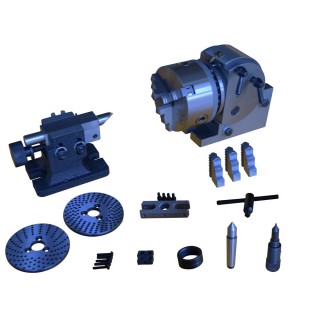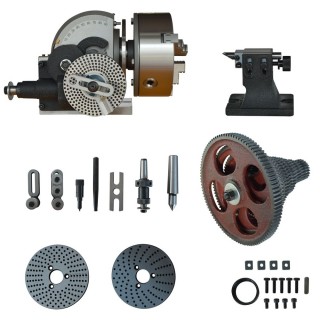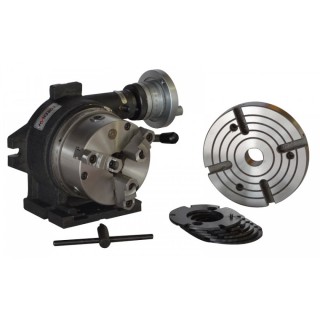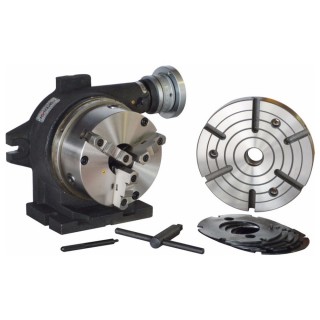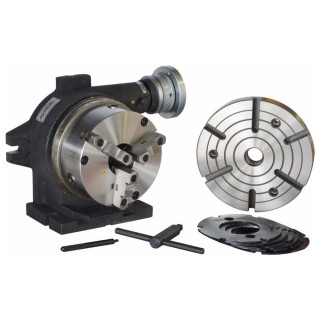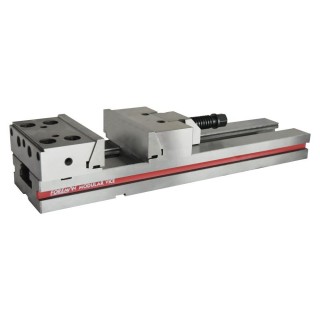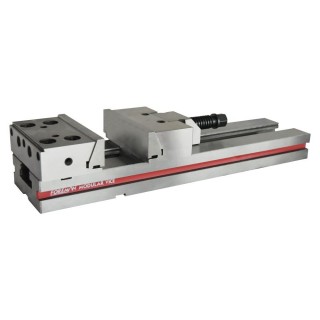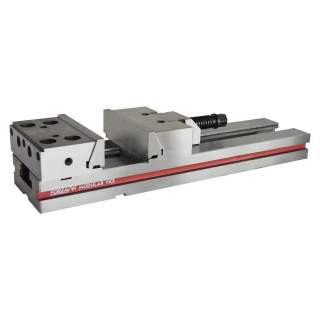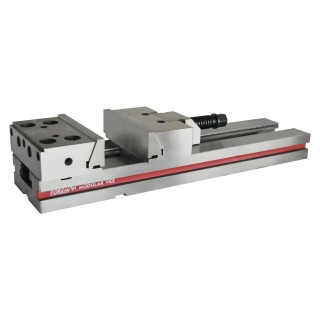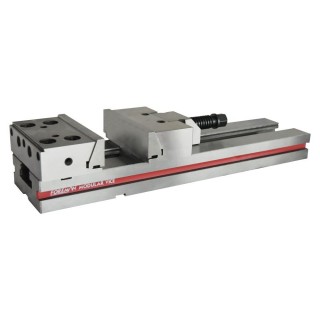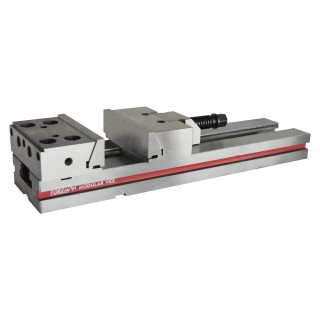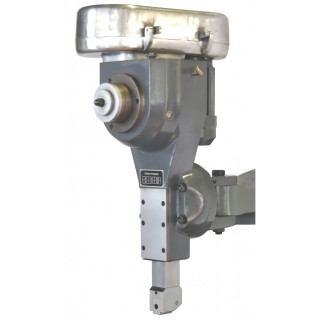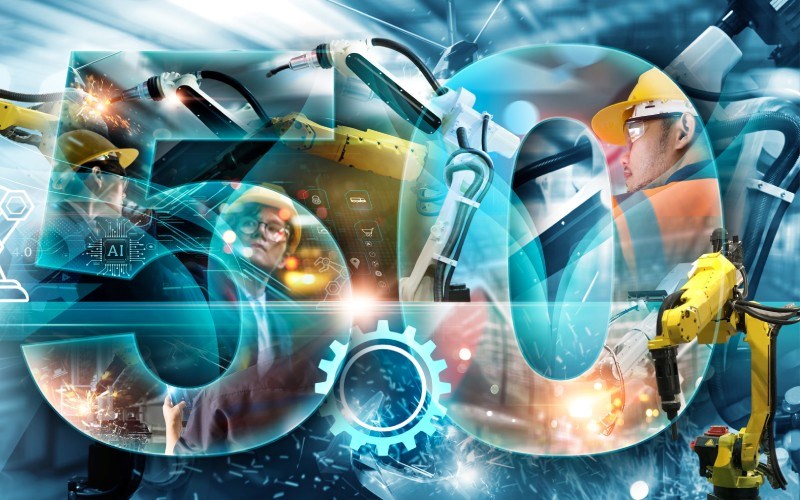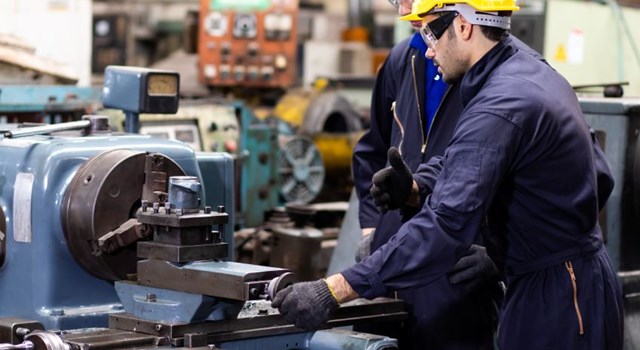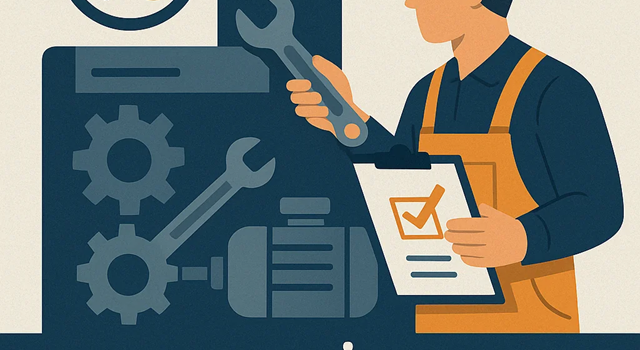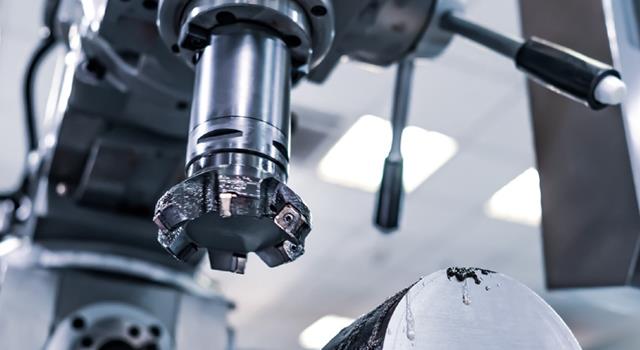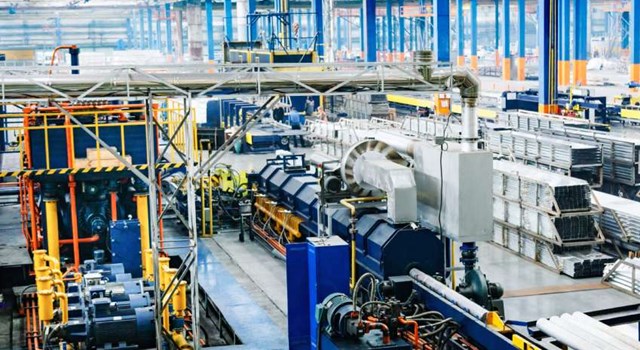Throughout history, industrial revolutions have marked turning points for humanity. What began with steam power evolved into digitization and automation. Today, however, as we approach the second half of the 21st century, a radical transformation is on the horizon. Industry 5.0 is not only about technology—it’s about reshaping labor, society, and the way we live. But the real question is: Is Turkey ready for this transformation?
1. What Is Industry 5.0?
Industry 5.0 represents a new era in which humans and machines collaborate in the production process. Automation and AI no longer aim to replace humans, but rather to work alongside them. The goal is to combine human creativity with robotic efficiency in a single, integrated system.
Japan introduced this vision to the world in 2017 under the name "Society 5.0" at the CeBIT fair. Former Japanese Prime Minister Shinzo Abe summed up this new era with the following words:
“Technology should be perceived not as a threat by societies, but as a helpful tool.”
Society 5.0 was designed to solve emerging social issues such as an aging population and declining workforce participation. Industry 5.0 is the practical application of this model in the manufacturing world.
2. From Industry 4.0 to 5.0: What Has Changed?
Industry 4.0 focused on automation, digitization, and data-driven optimization. It aimed to minimize human intervention in production by relying on technologies such as IoT, artificial intelligence, and cloud systems.
Industry 5.0 turns this paradigm on its head. Instead of sidelining humans, it places them at the center. Robots and humans work together; while machines handle repetitive tasks, humans focus on creative and complex decisions.
This shift signifies:
- A move from technology-centric to human-centric production
- A transition from mass production to personalized, flexible manufacturing
- A return of human touch and creativity to the forefront of industrial value creation
- A deeper concern with social benefit, ethics, and well-being
3. Why Now?
Historically, industrial revolutions occurred roughly every 100 years. Since the 2000s, however, this cycle has accelerated dramatically, now occurring within decades. Countries like Germany introduced Industry 4.0 in 2011, and while many nations are still struggling to adapt, the world is already talking about Industry 5.0.
This shift is not only technological but also sociological and economic. It's no longer just about producing more—it’s about building better societies.
4. Is Turkey Ready for Industry 5.0?
According to TÜBİTAK (The Scientific and Technological Research Council of Turkey), Turkey's industrial maturity level remains around Industry 2.5. This means that core elements of digital transformation and automation are still not fully implemented. Moreover, only 262 of Turkey’s top 500 industrial companies reportedly invest in R&D.
Other challenges include:
- Most SMEs (Small and Medium Enterprises) lack smart production infrastructure
- University-industry collaboration is underdeveloped
- The creative potential of the country’s young population is underutilized
In contrast, Germany invests €30 billion annually in Industry 4.0. For Turkey to stay competitive, it needs a clear and determined long-term vision.
5. Collaborative Robots: The New Industrial Partners
At the heart of Industry 5.0 are collaborative robots (cobots). These robots are designed to safely share workspaces with humans, are easy to program, and support flexible production systems.
For example, Iceland’s largest dairy producer reported saving 3 man-years of labor by implementing UR5 cobots into its operations.
While robots excel at repetitive tasks, they often require human guidance in producing personalized or complex items. This points to a fundamental shift: the return of the human touch to manufacturing.
6. Society 5.0: The Rise of the Super-Smart Society
Japan’s “Society 5.0” philosophy is the foundational vision behind Industry 5.0. It promotes a future in which technology enhances well-being, accessibility, and equality. This approach considers not only productivity but also demographics, ethics, healthcare, education, and environmental sustainability.
Society 5.0 represents a move from the information age to the super-smart society.
For Turkey to embrace this model, the following steps are essential:
- Invest in strategic sectors such as defense, agriculture, and energy tech
- Strengthen university–private sector partnerships
- Foster creativity among youth and provide innovation spaces
- Promote experimental learning, open thinking, and a culture of constructive failure
7. The Factory of the Future Must Be Smart—and Human
Industry 5.0 is not just another industrial revolution—it is a redefinition of our relationship with technology and labor. It envisions a future where robots don’t replace humans but empower them, and where societal benefit is as important as economic efficiency.
Turkey cannot afford to miss this opportunity. Because the real challenge is not only in keeping up with technology, but in designing the kind of society we want to live in.
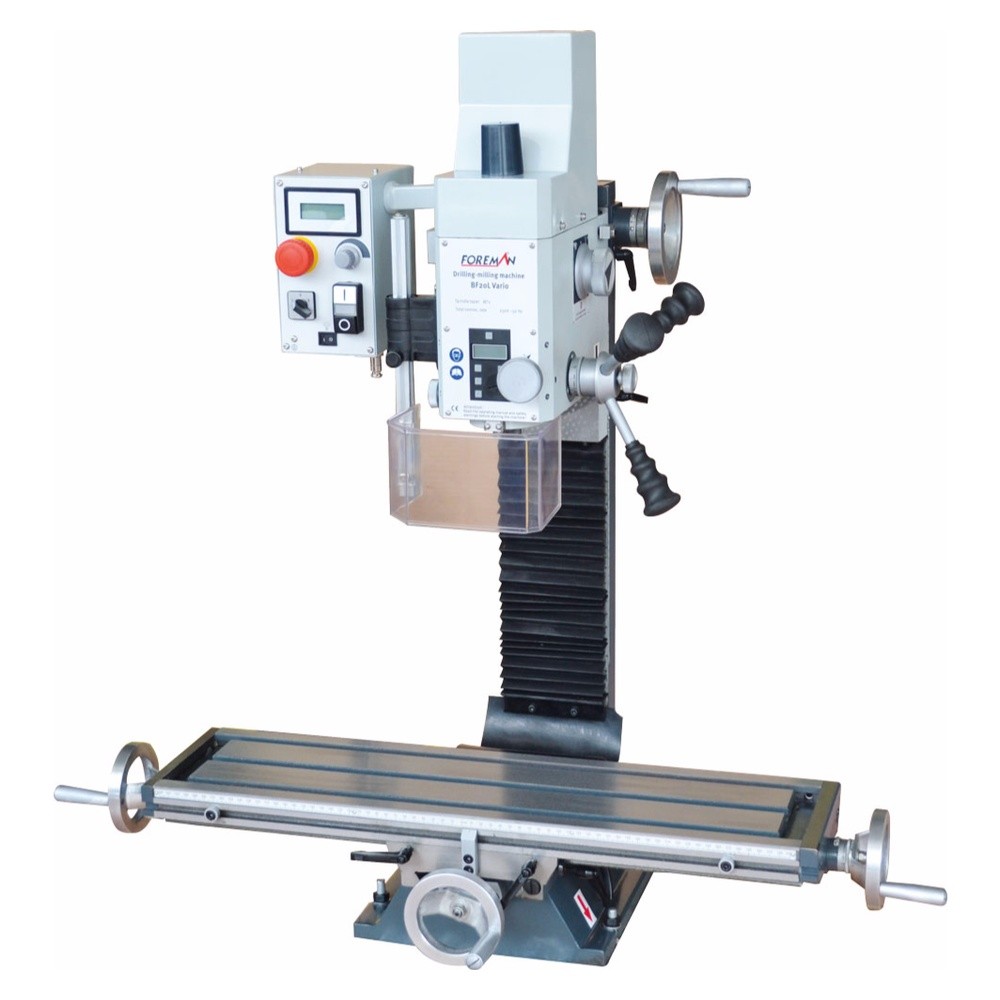
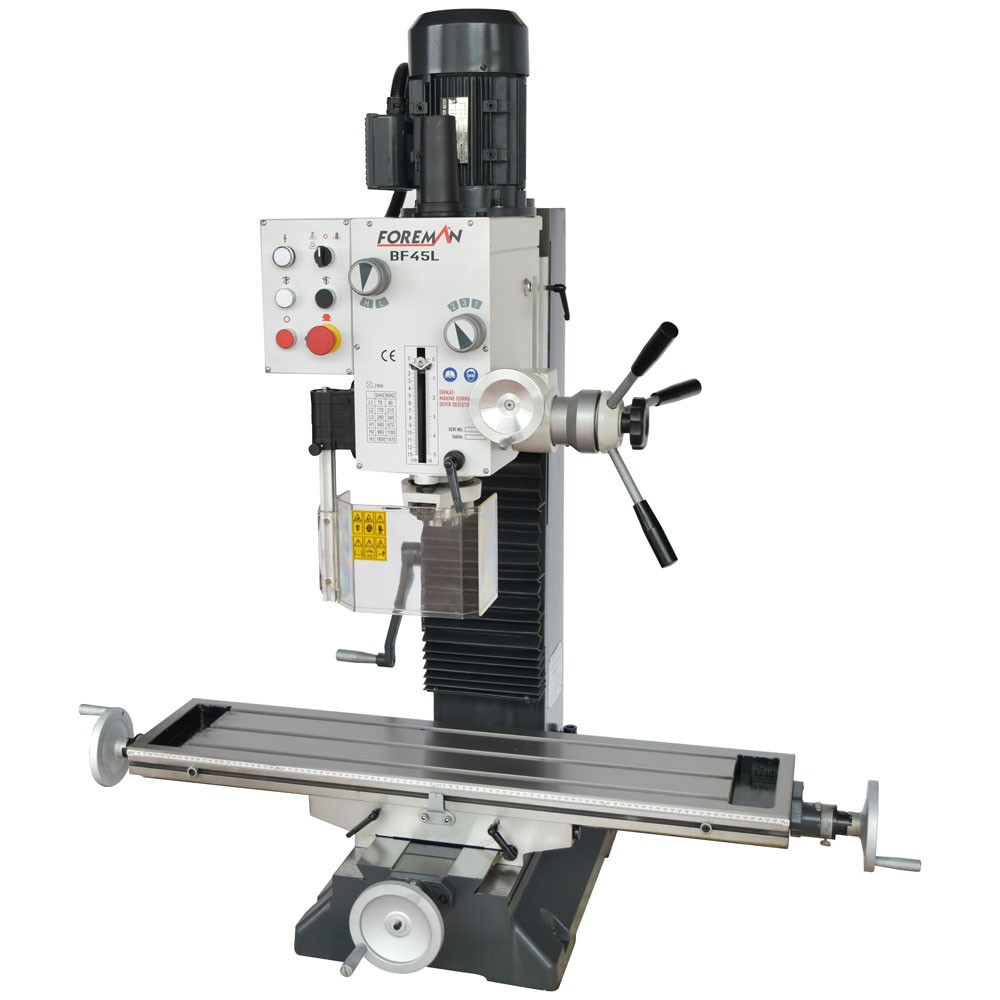
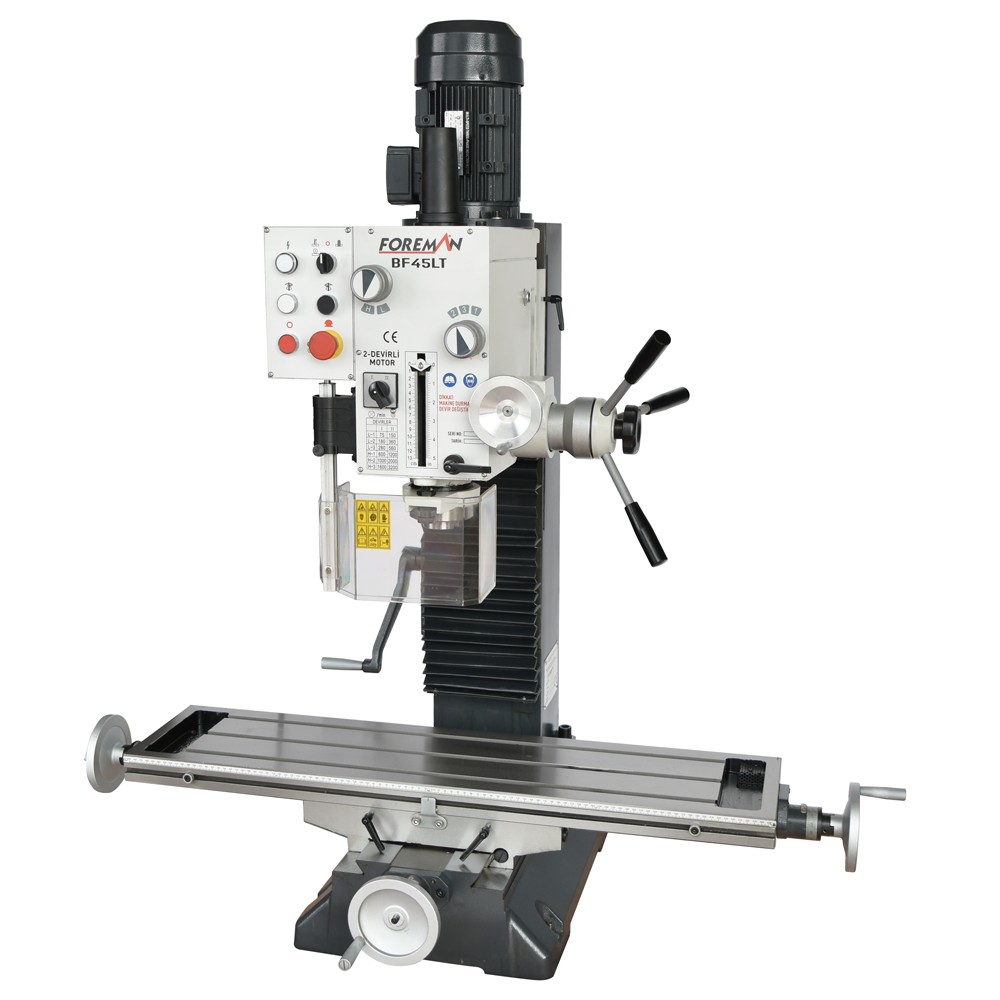
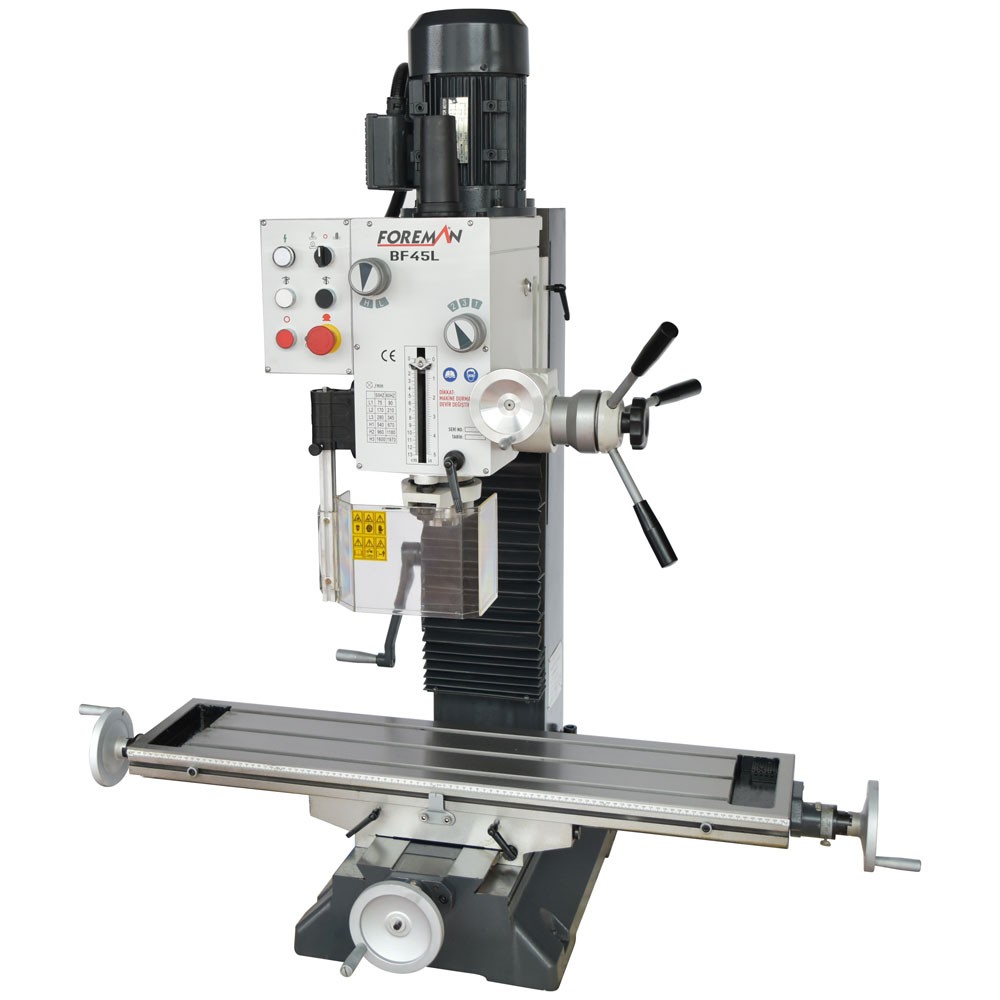
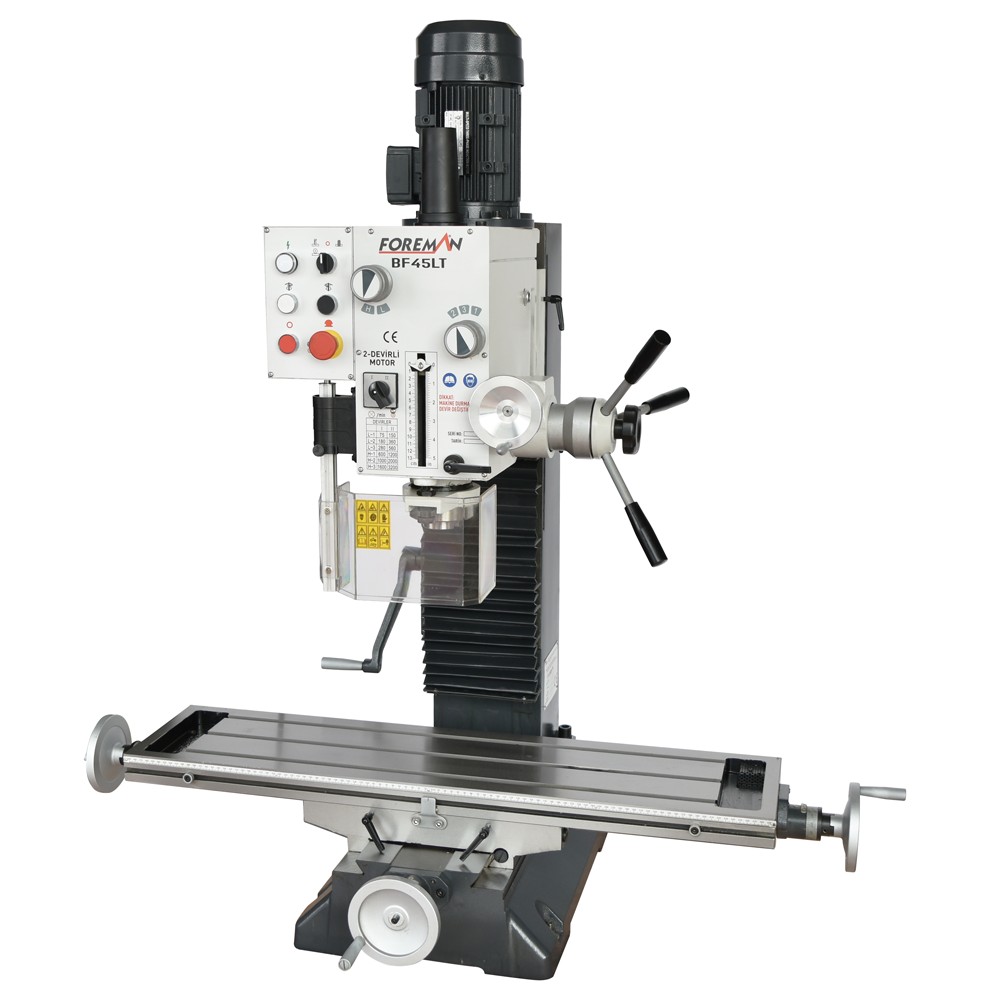
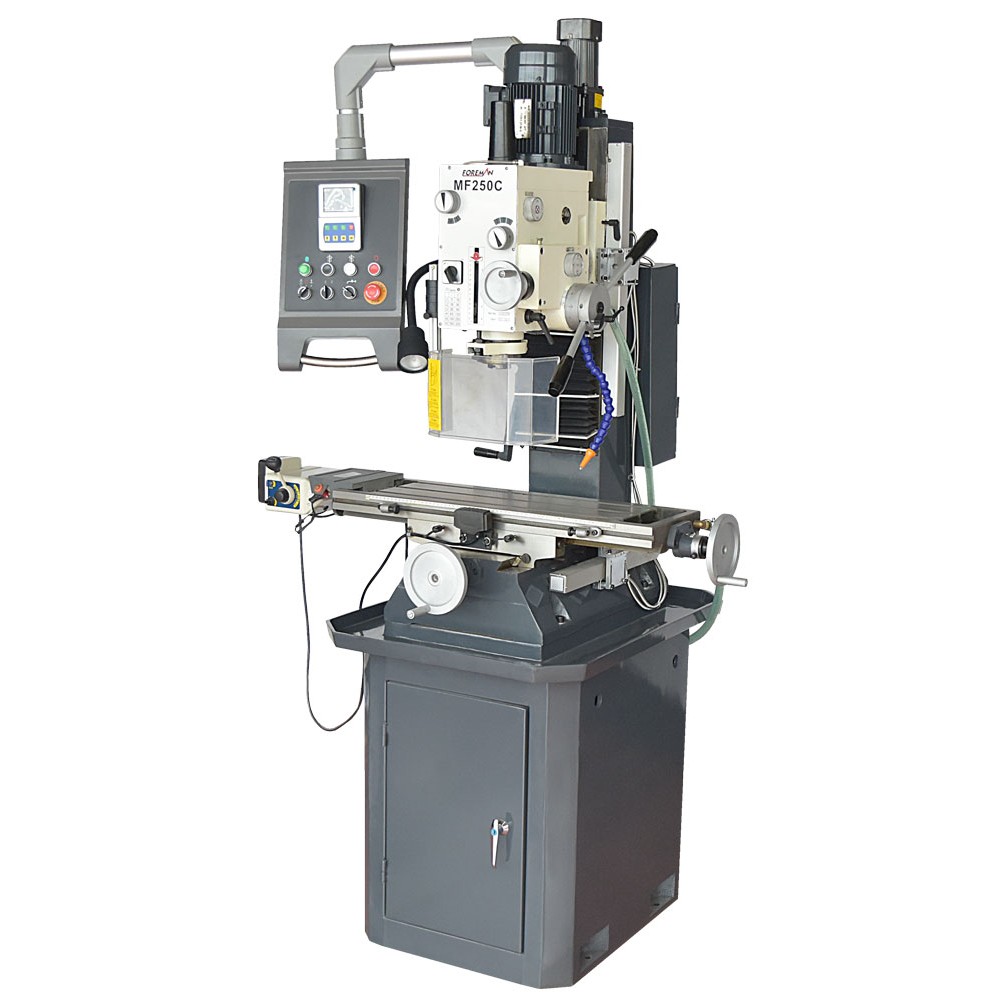
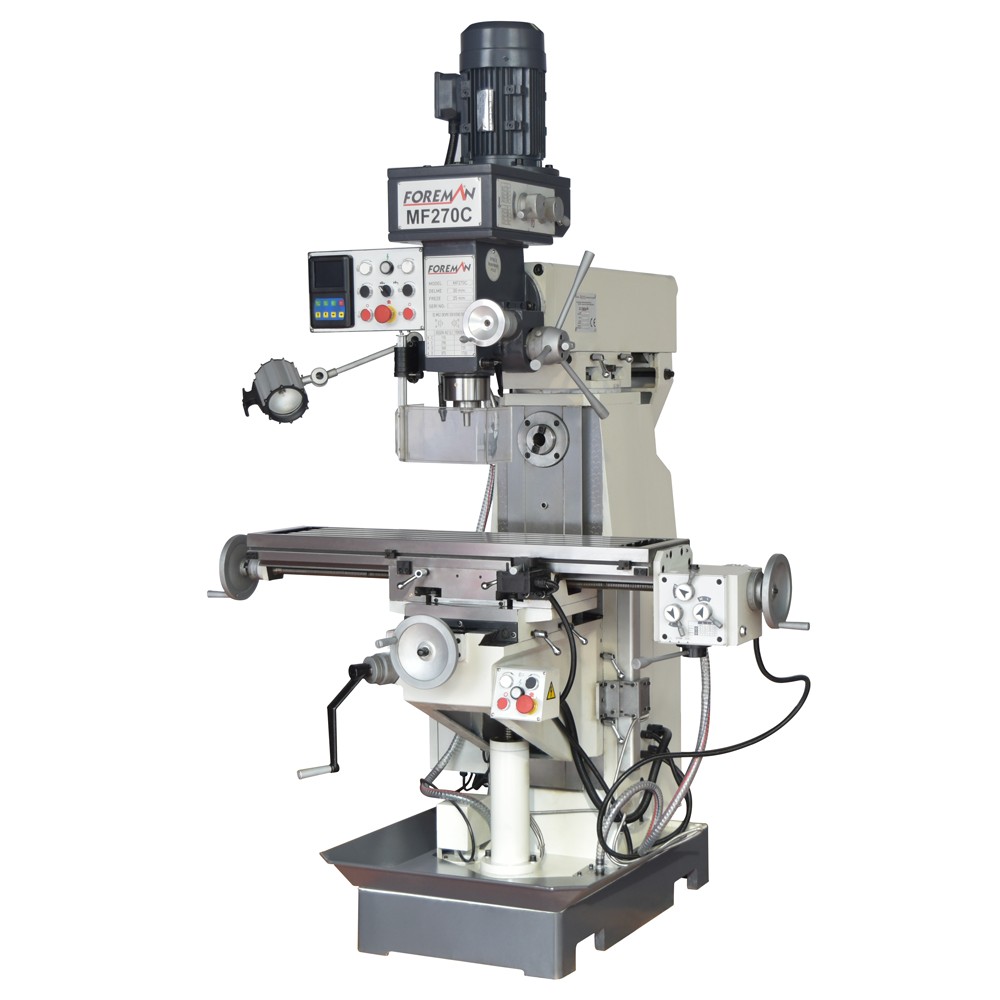
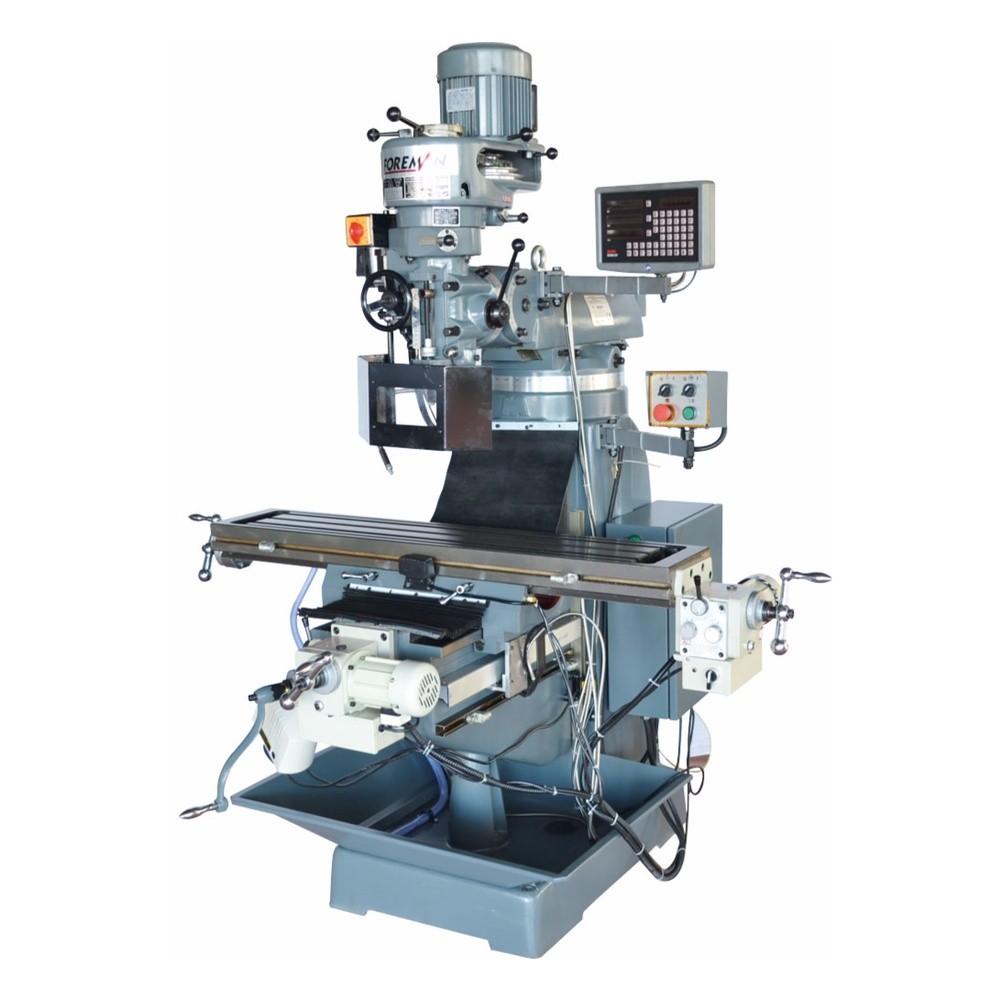
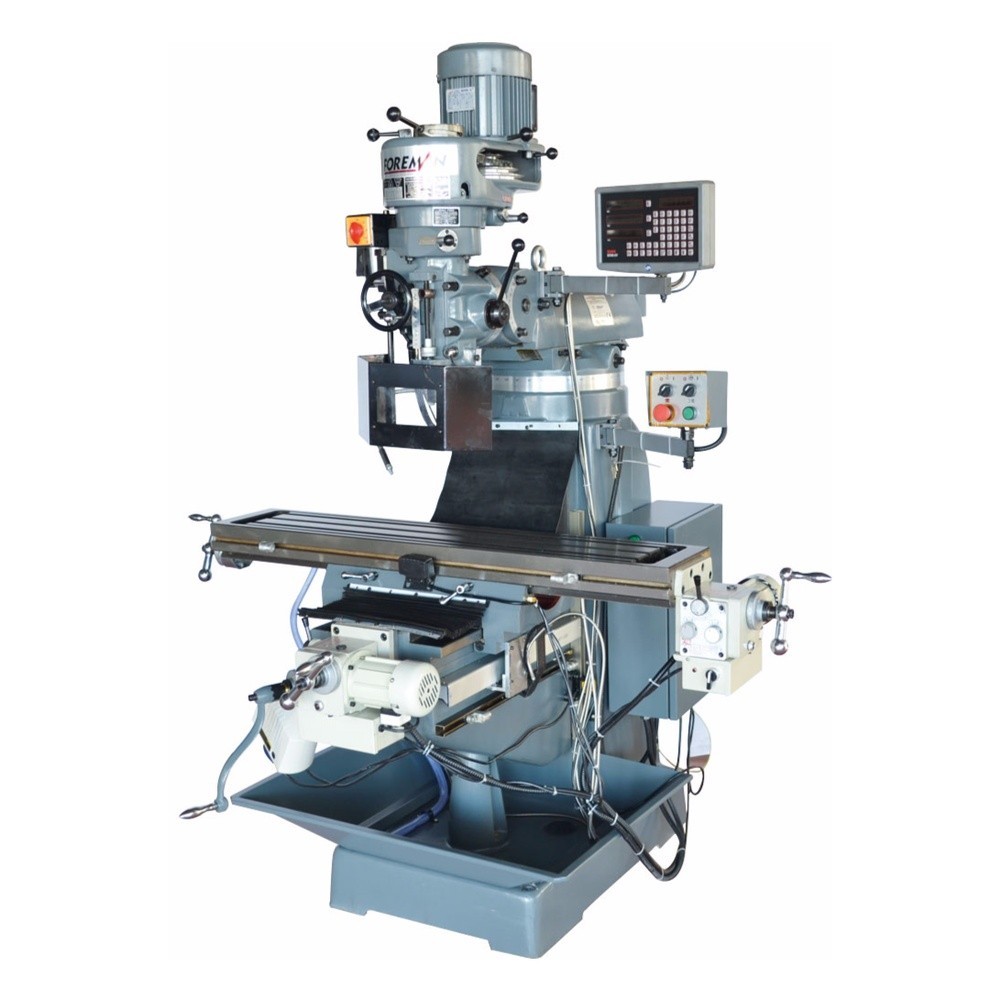
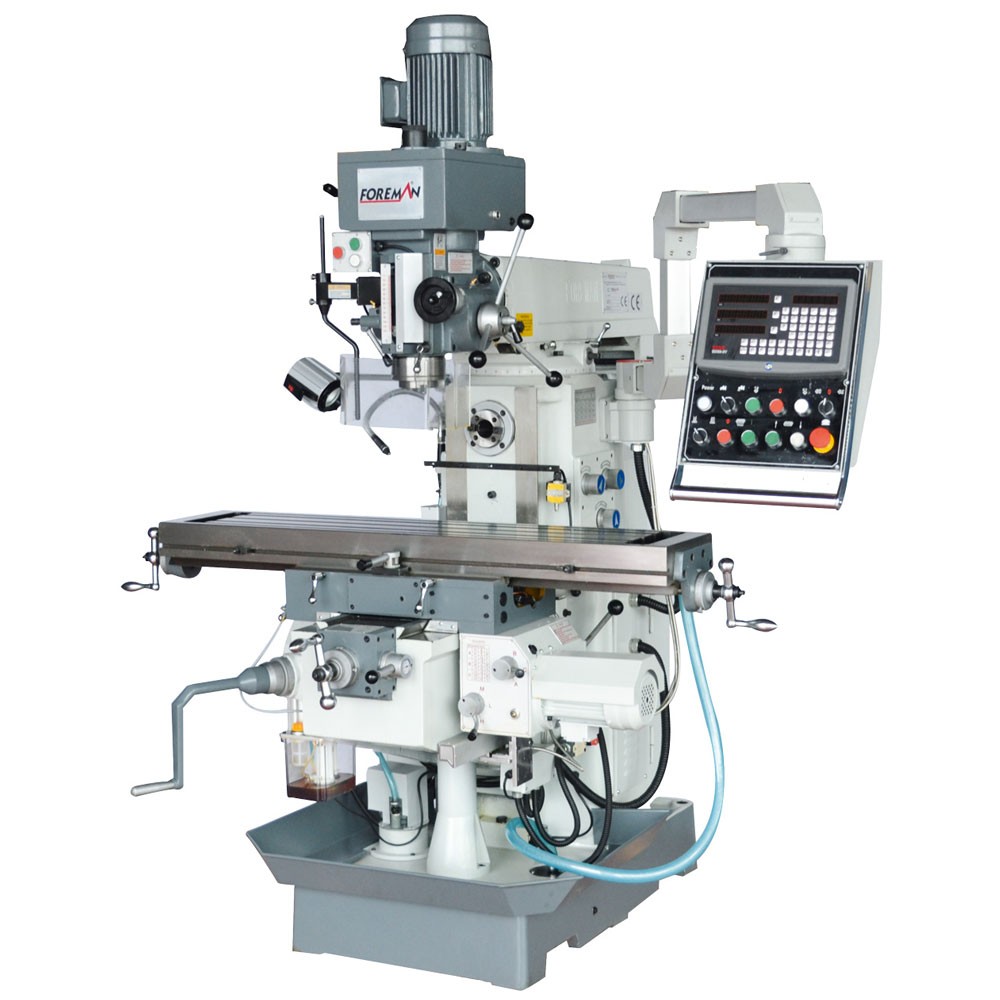
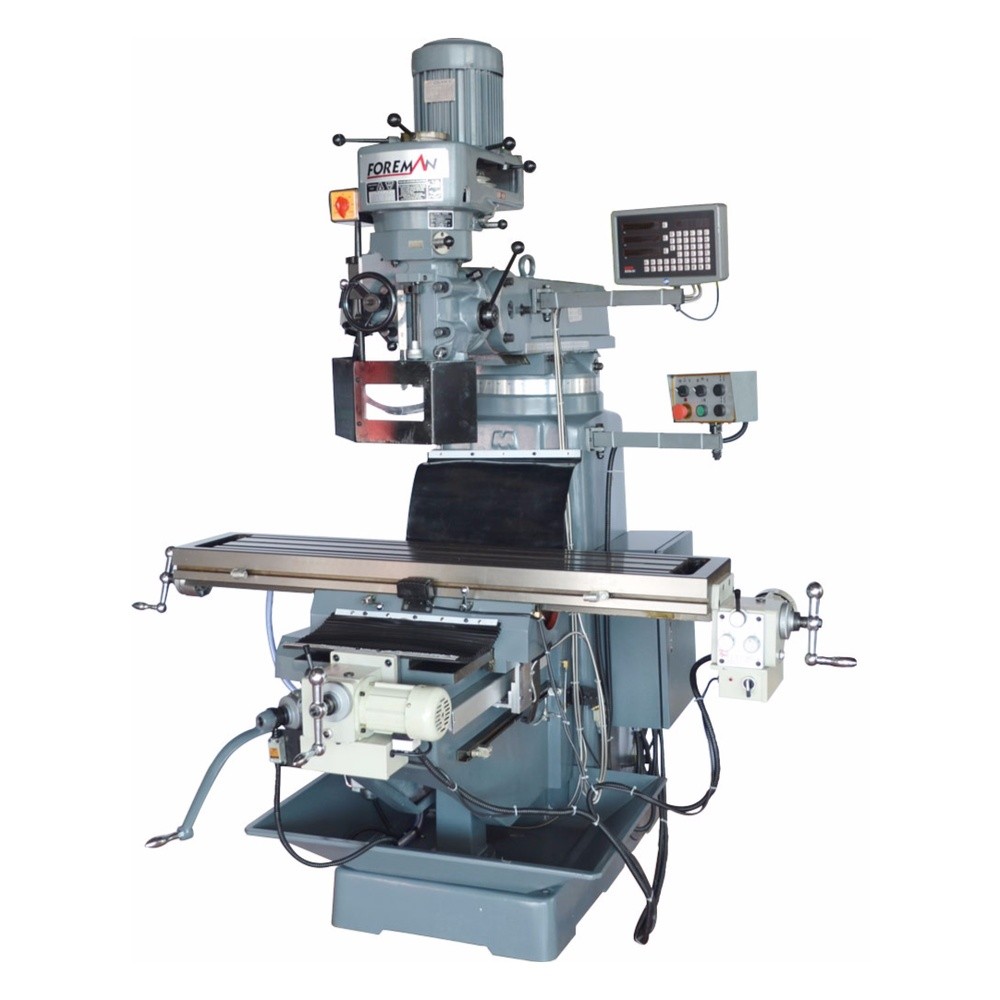
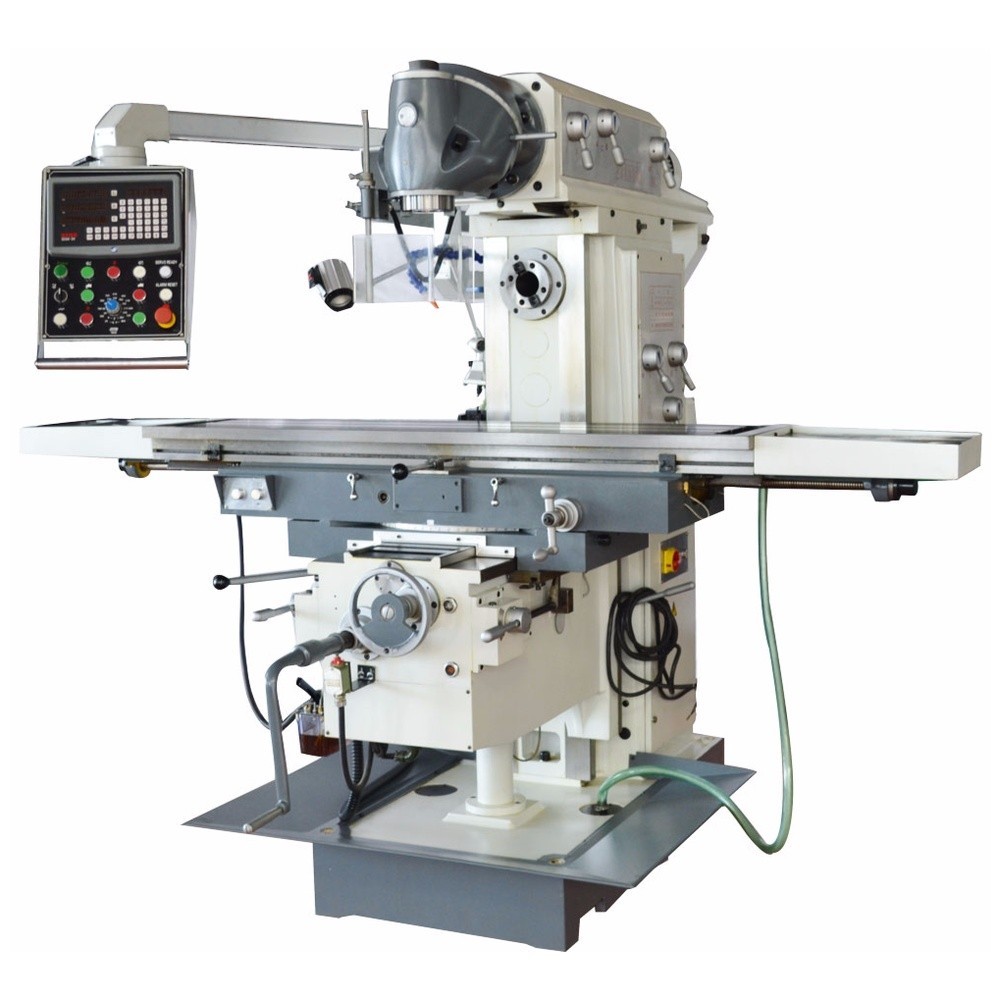
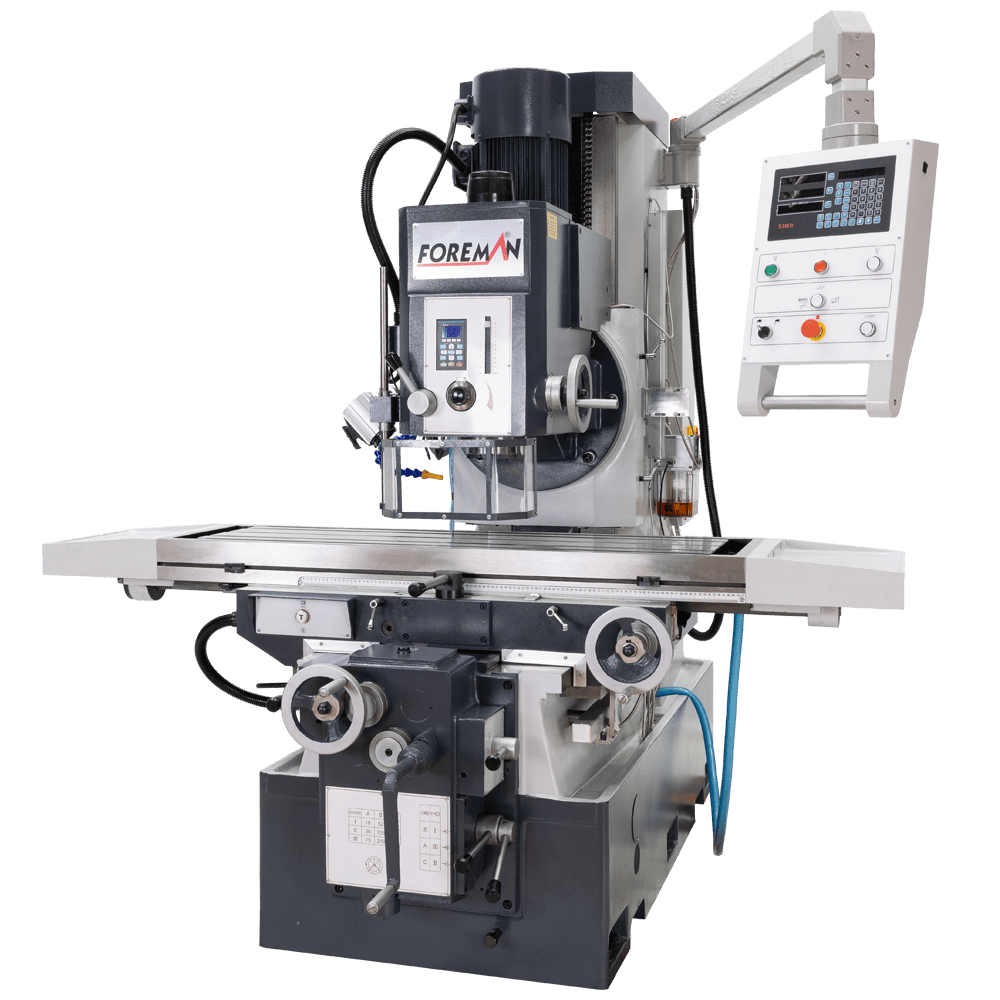
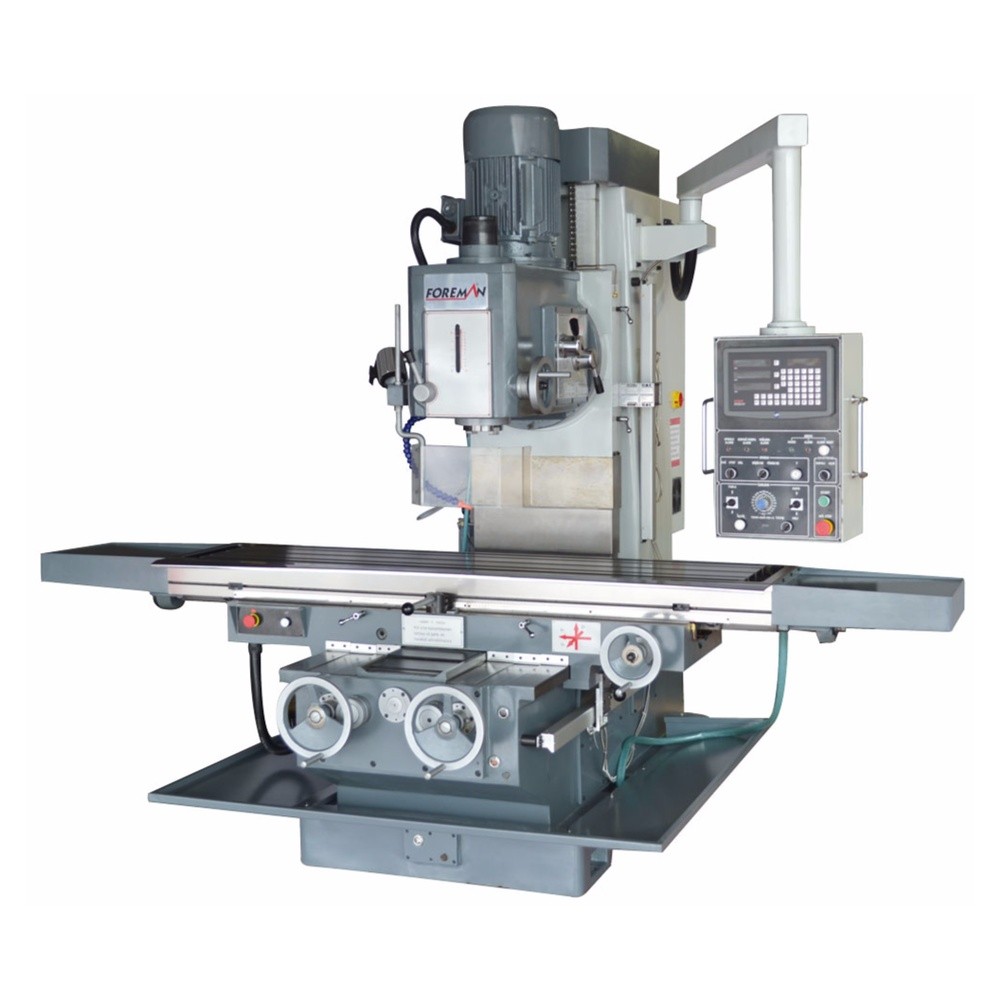
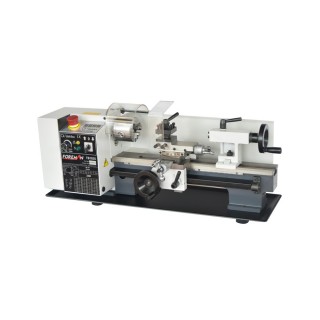
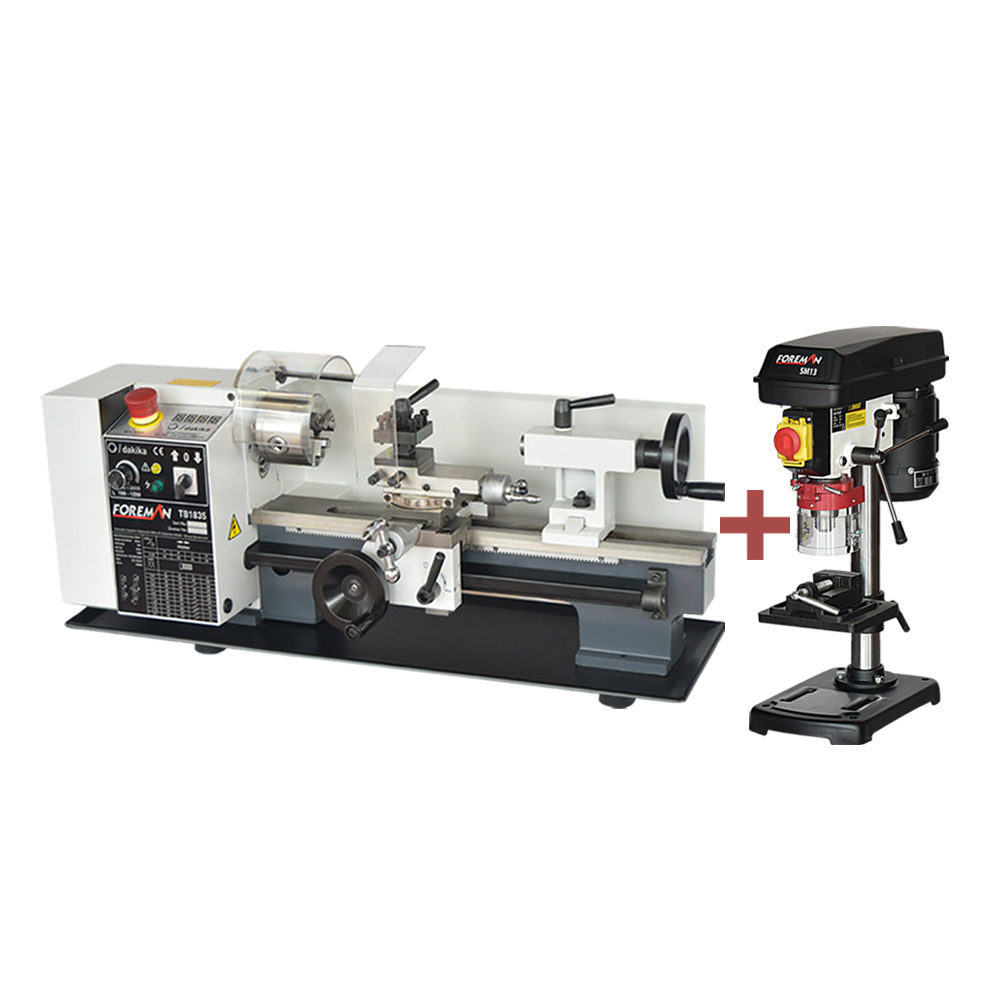
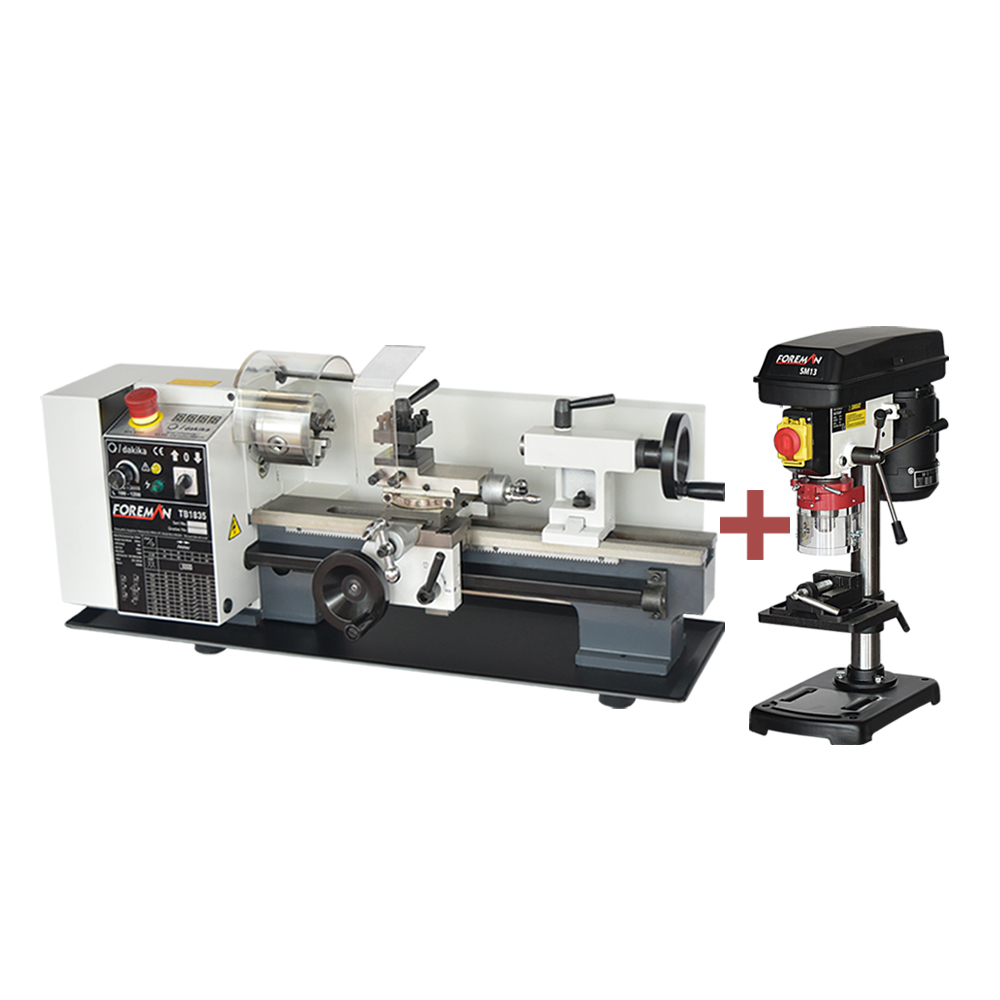
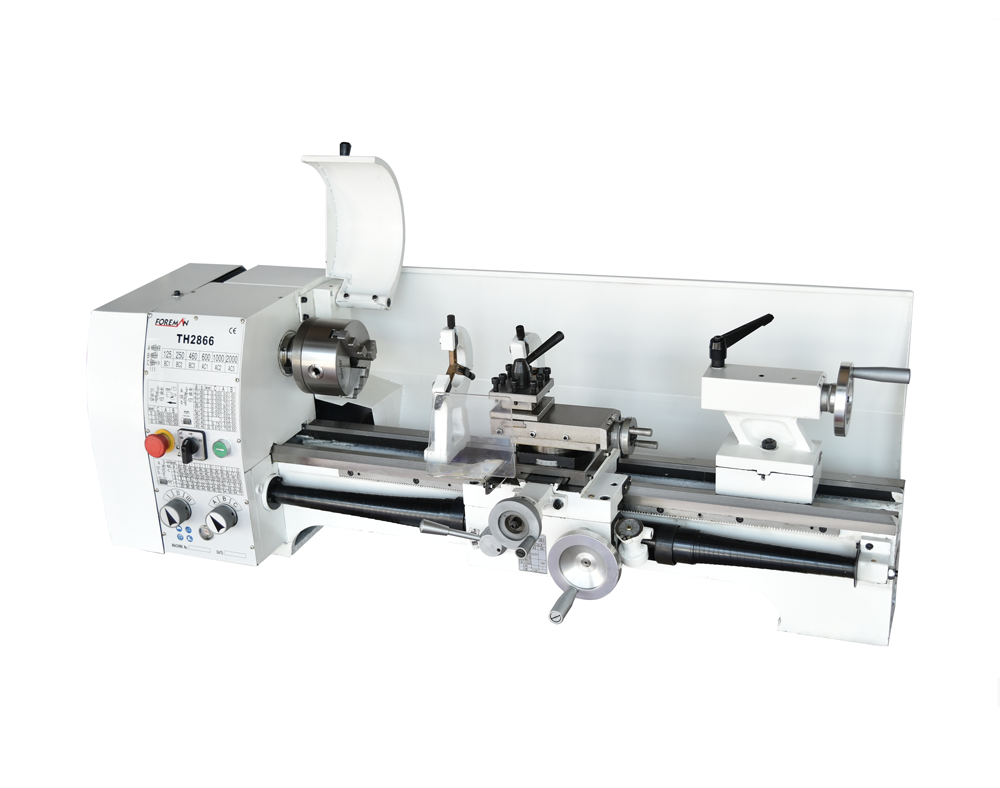
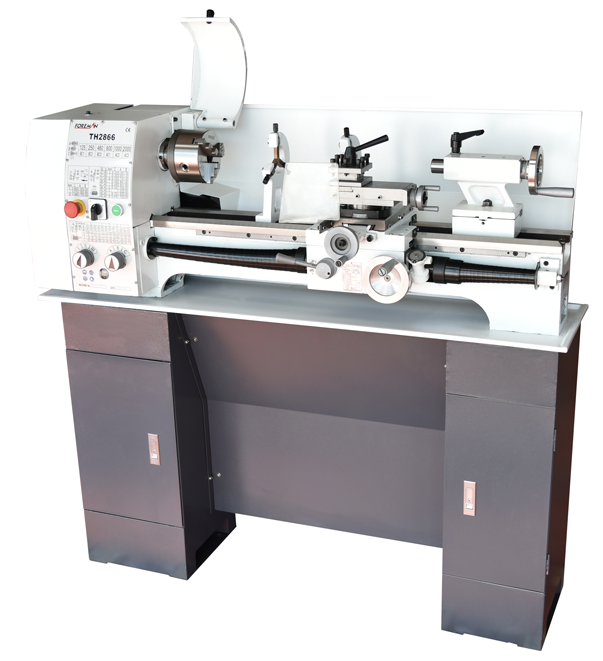
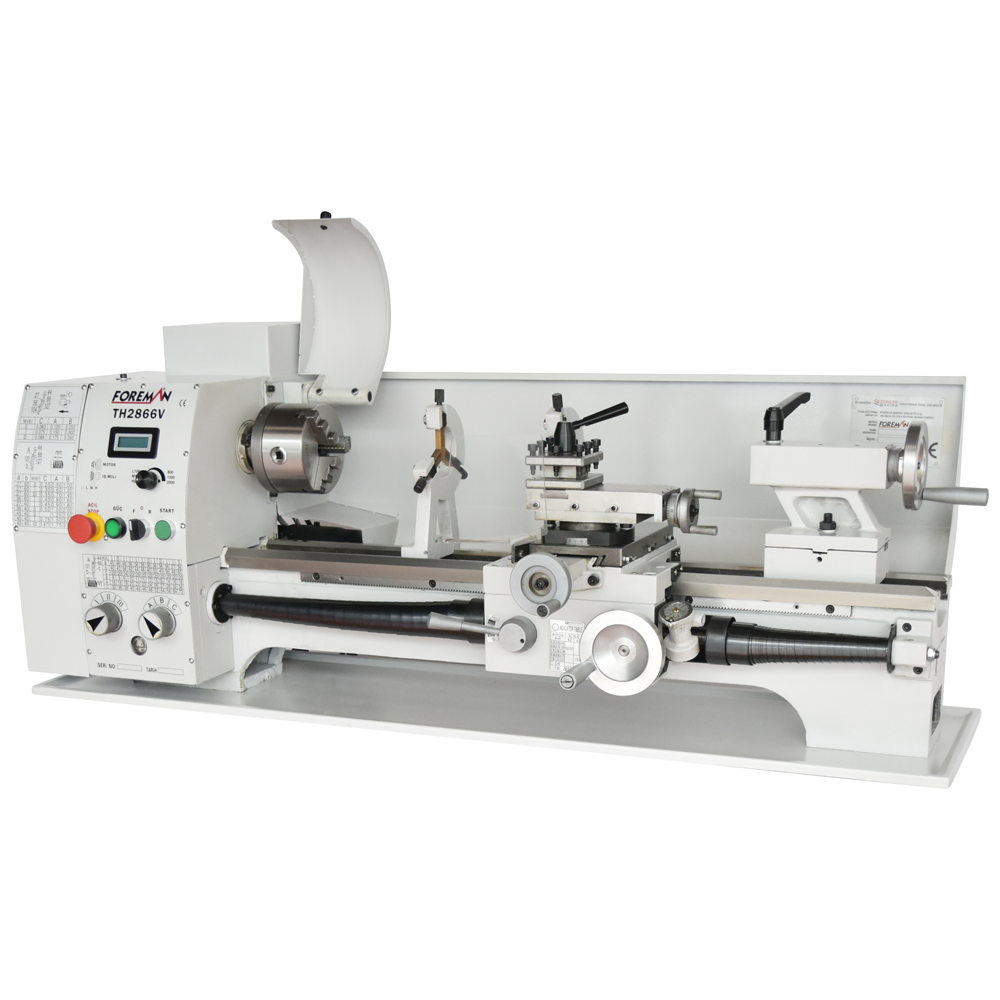
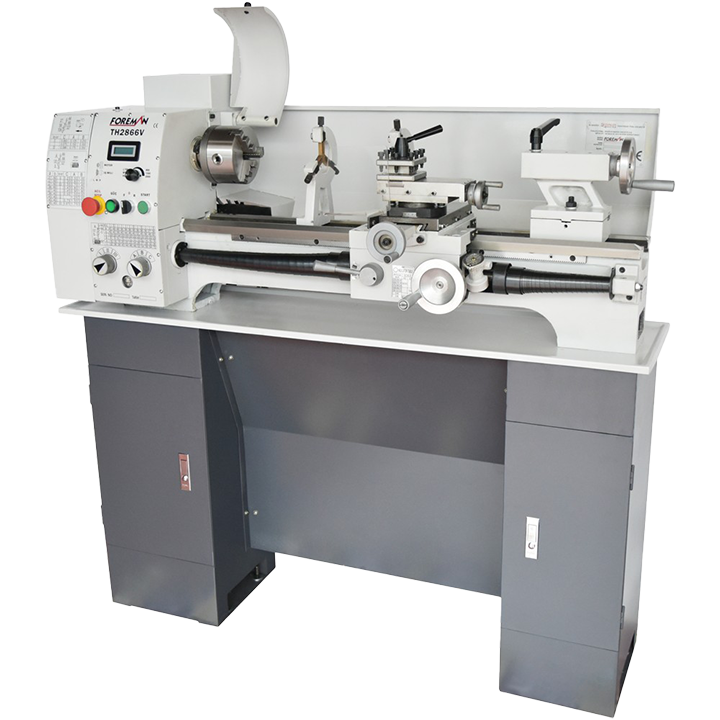
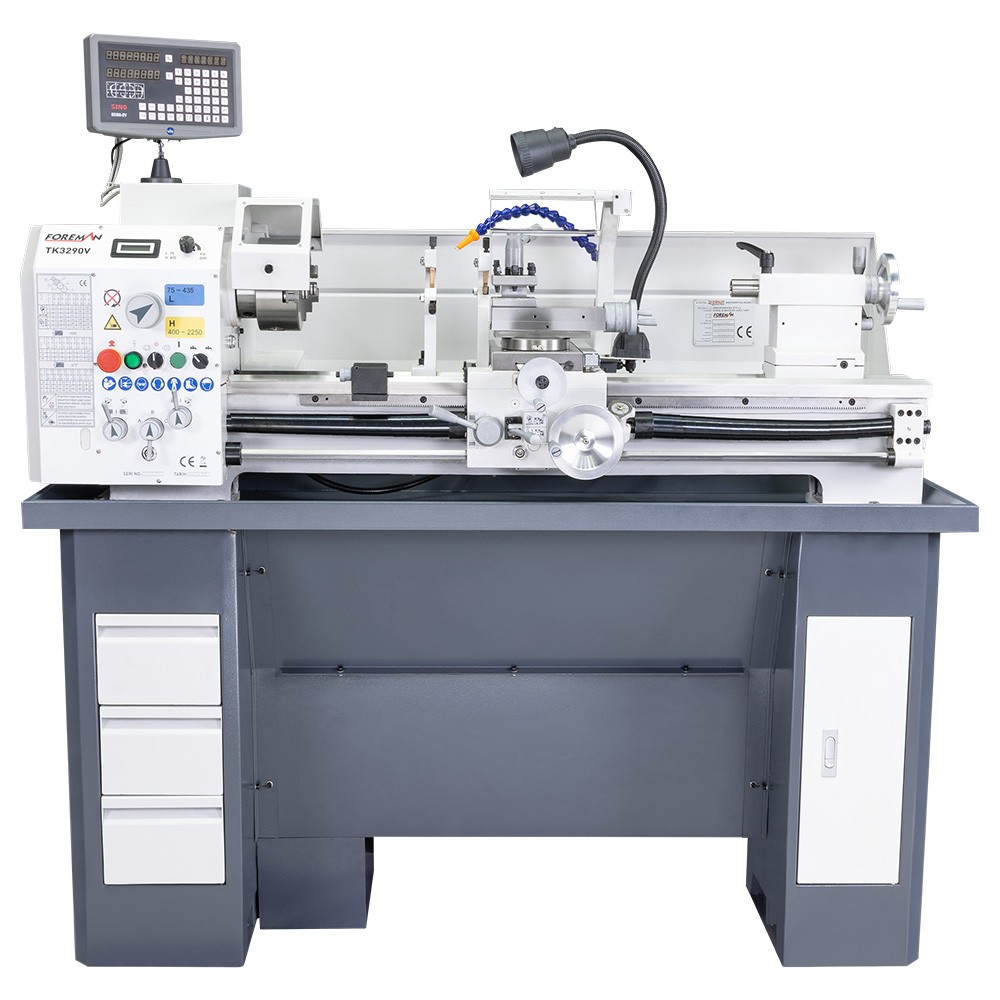
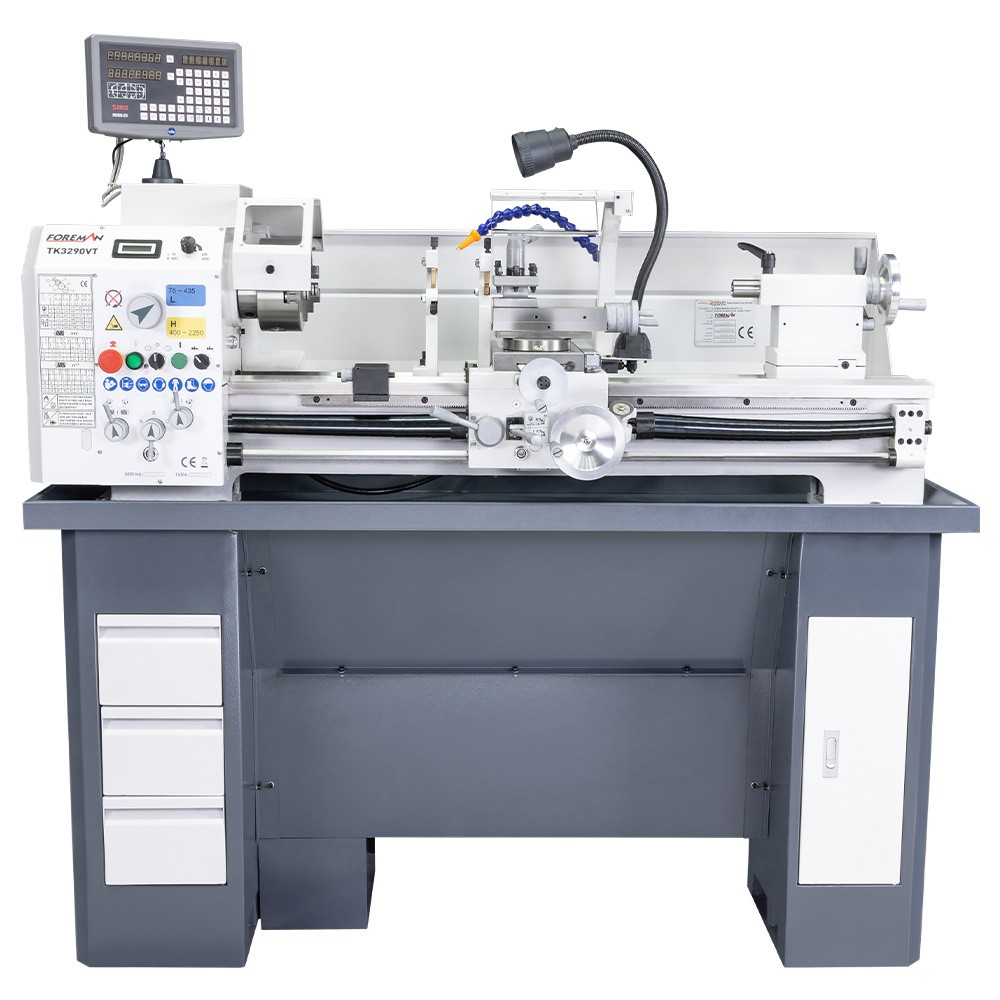
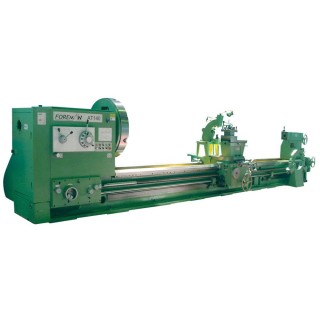
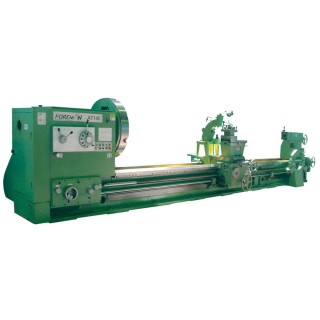
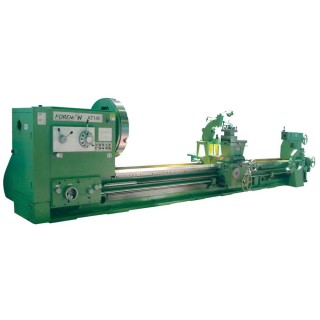
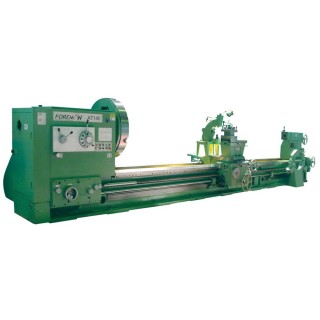
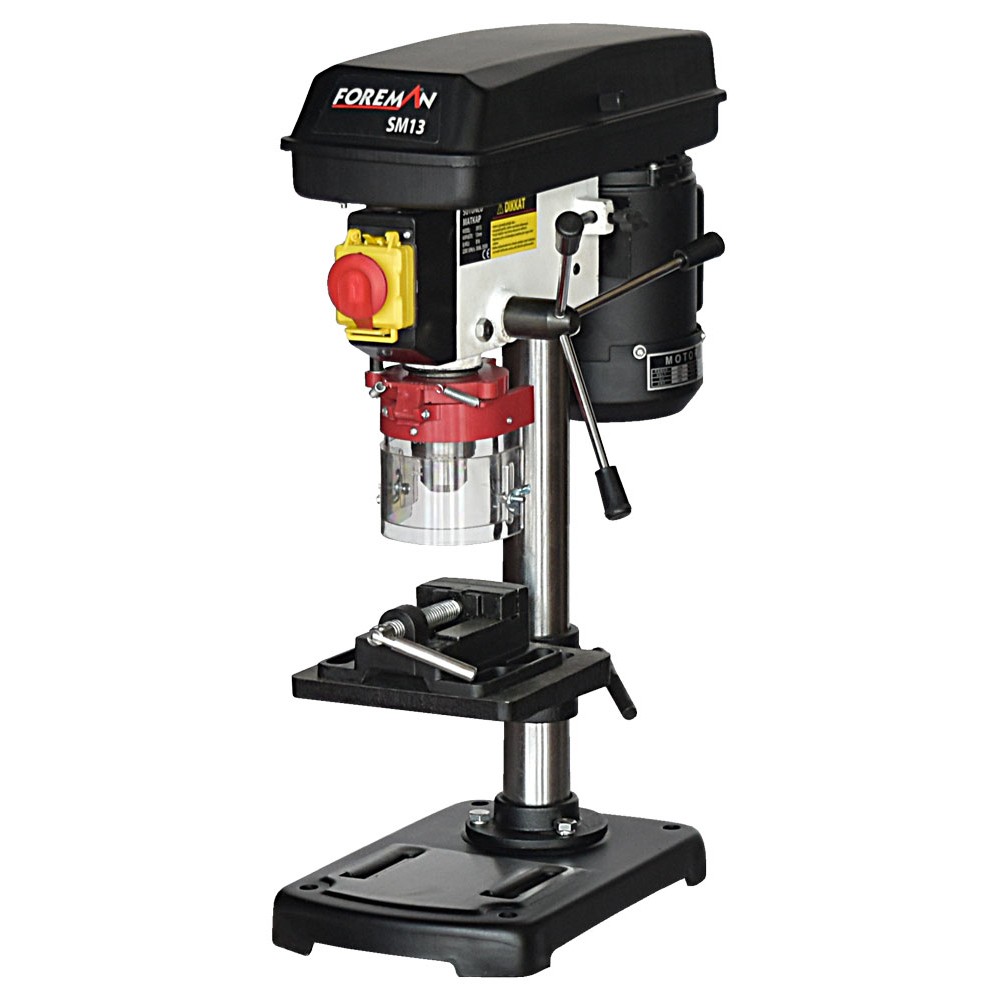
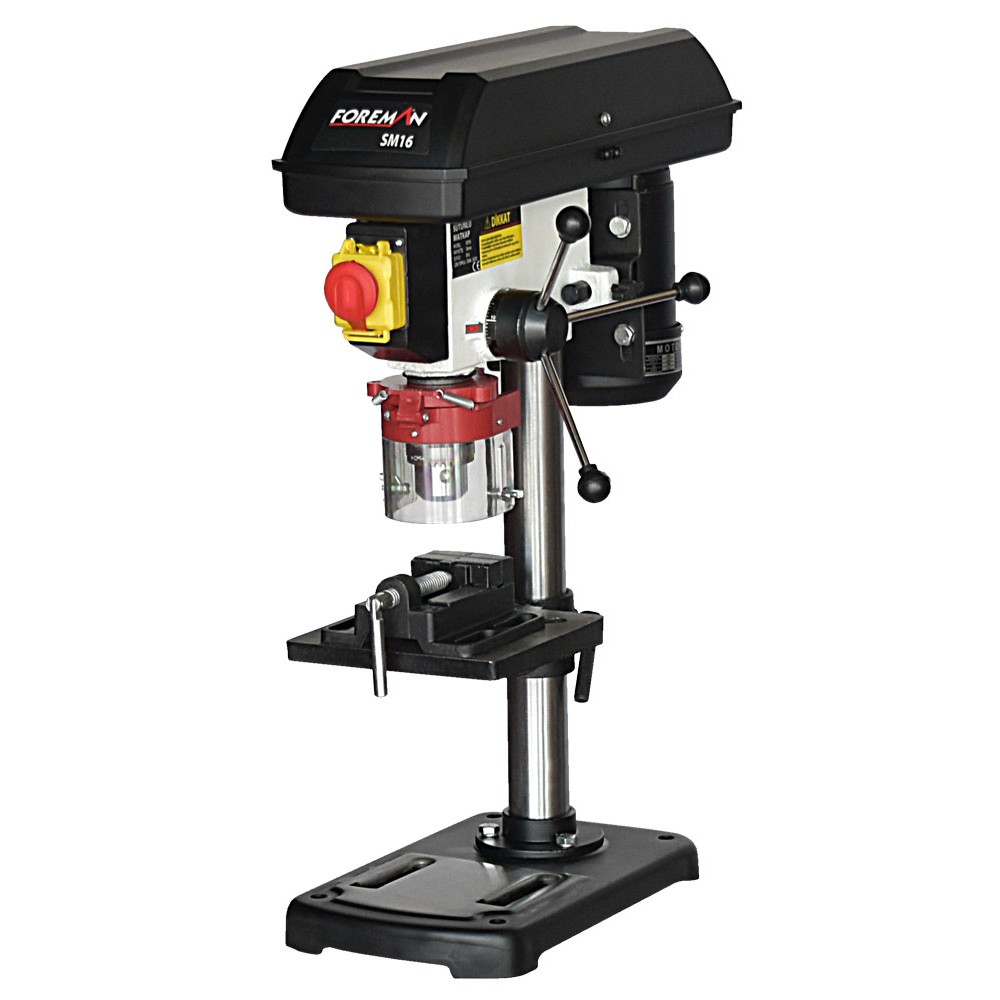
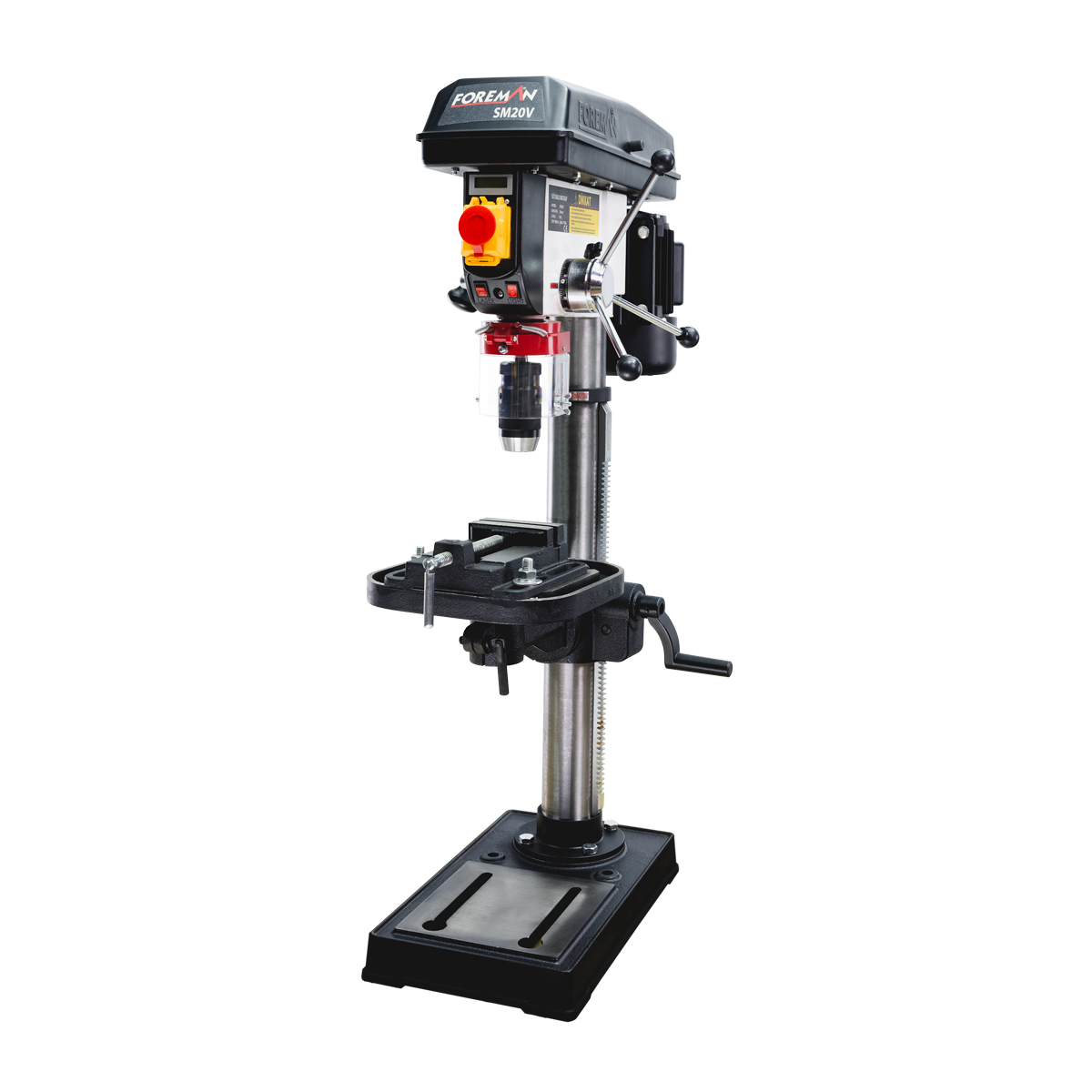
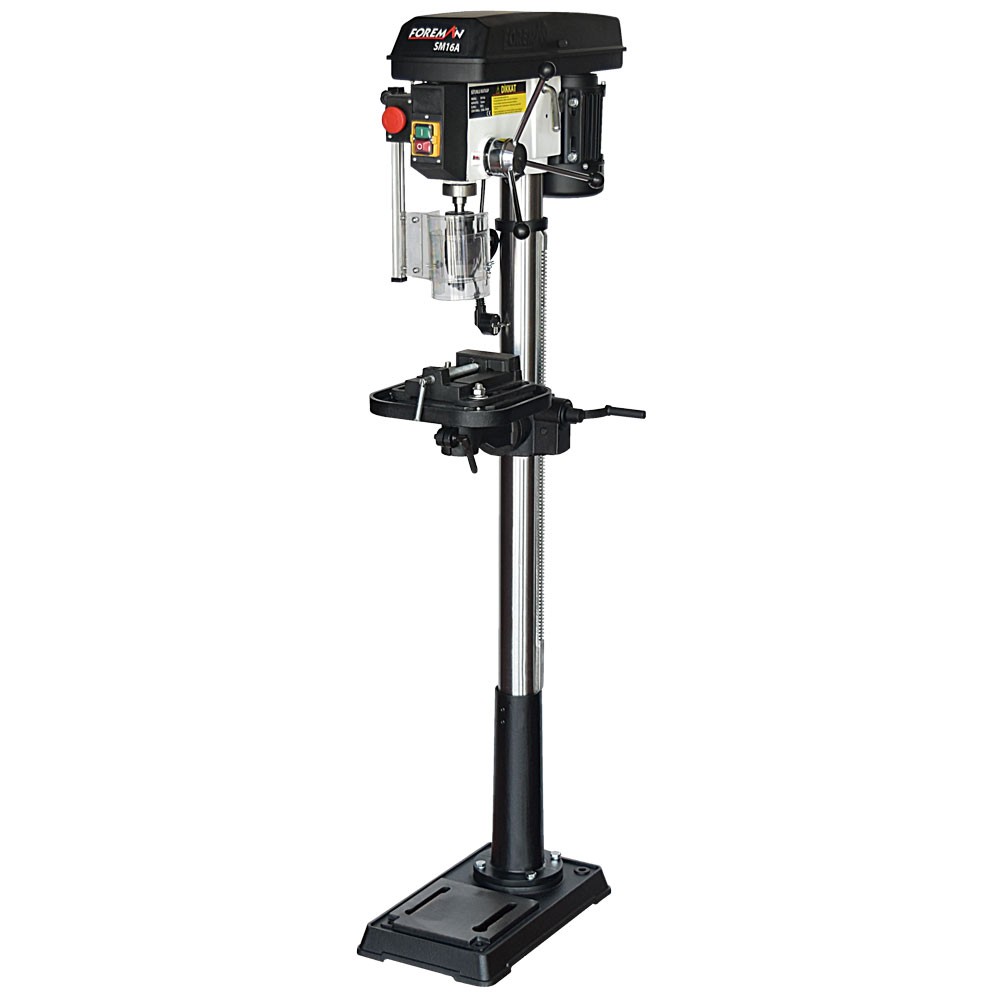
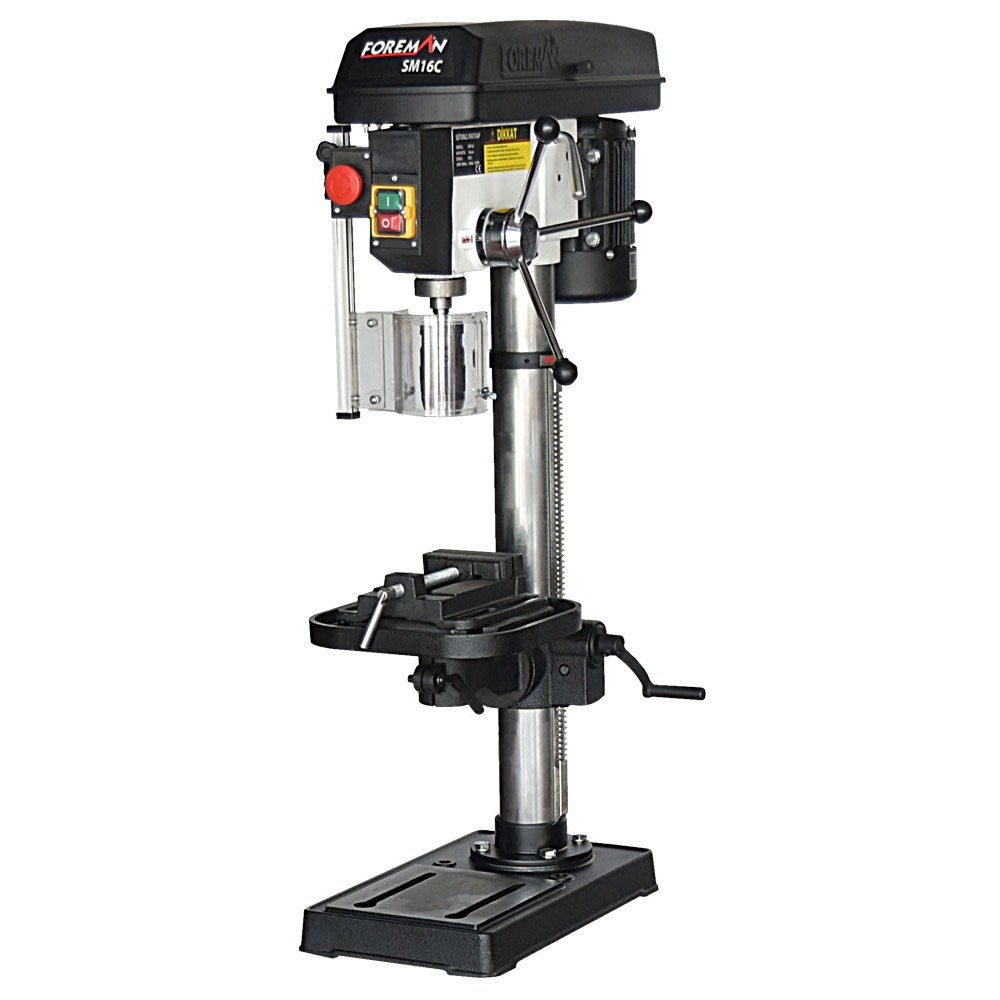
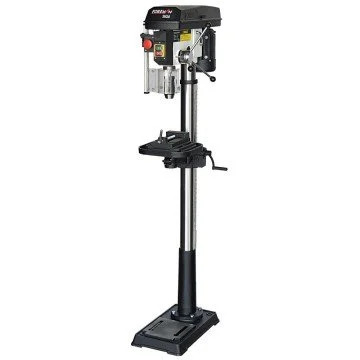
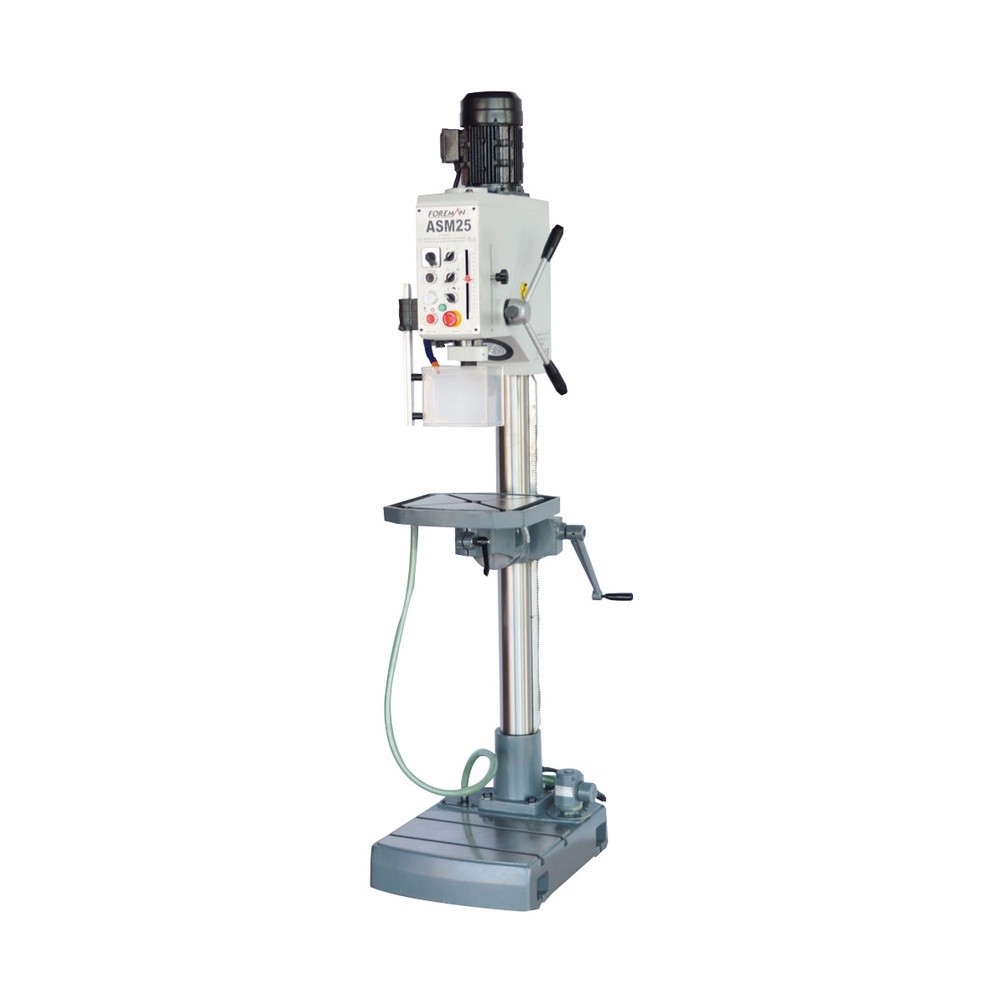
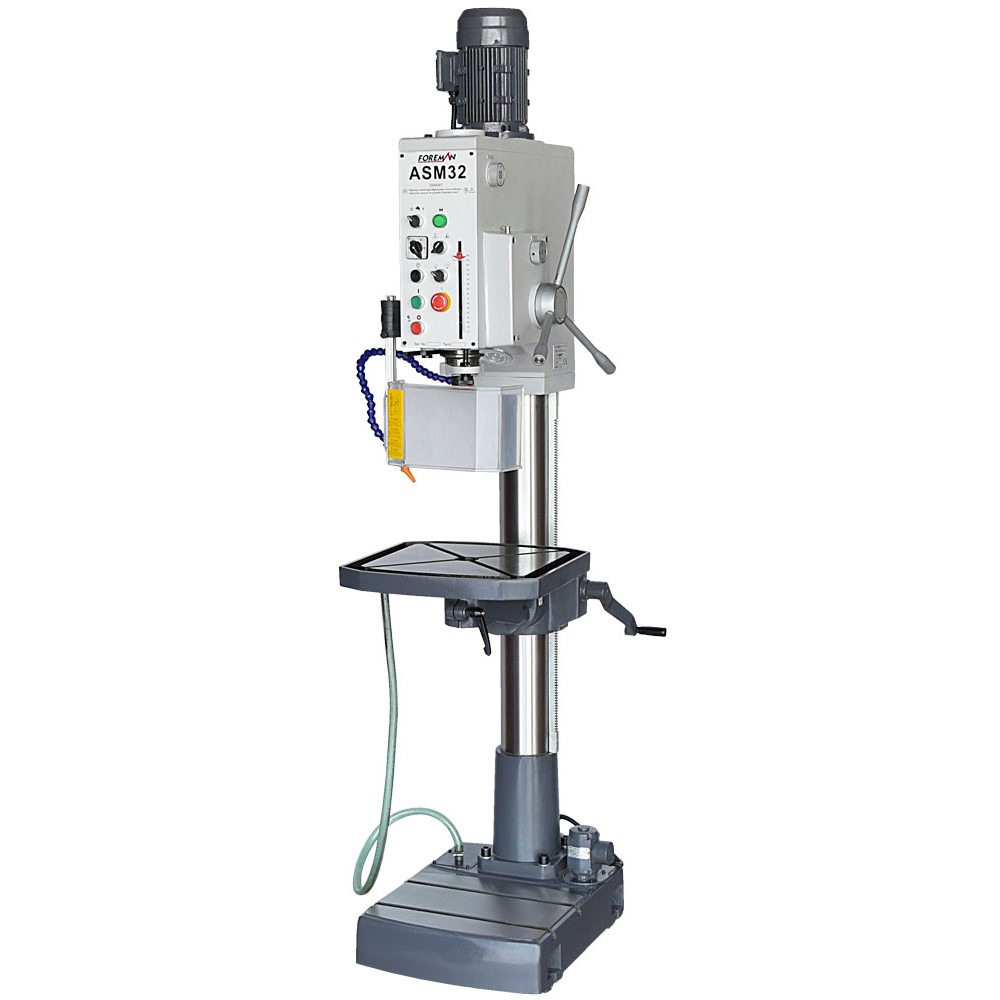
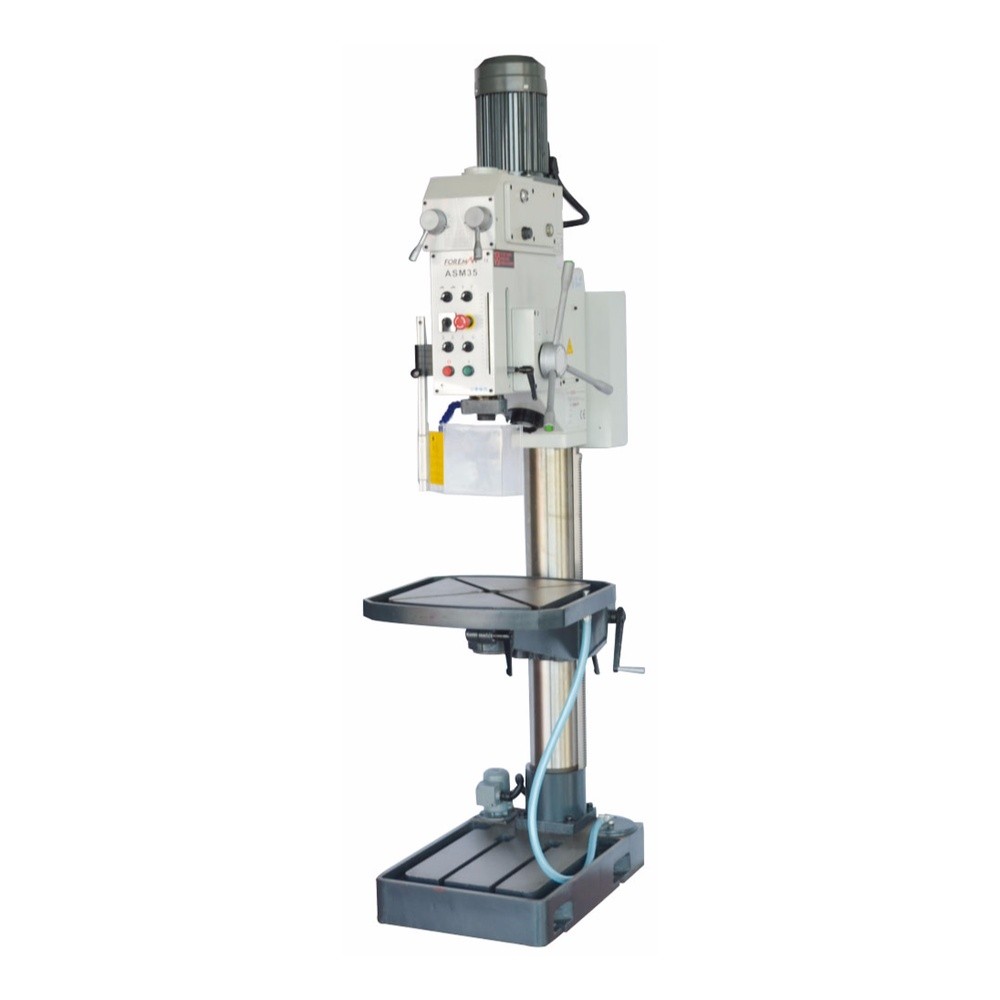
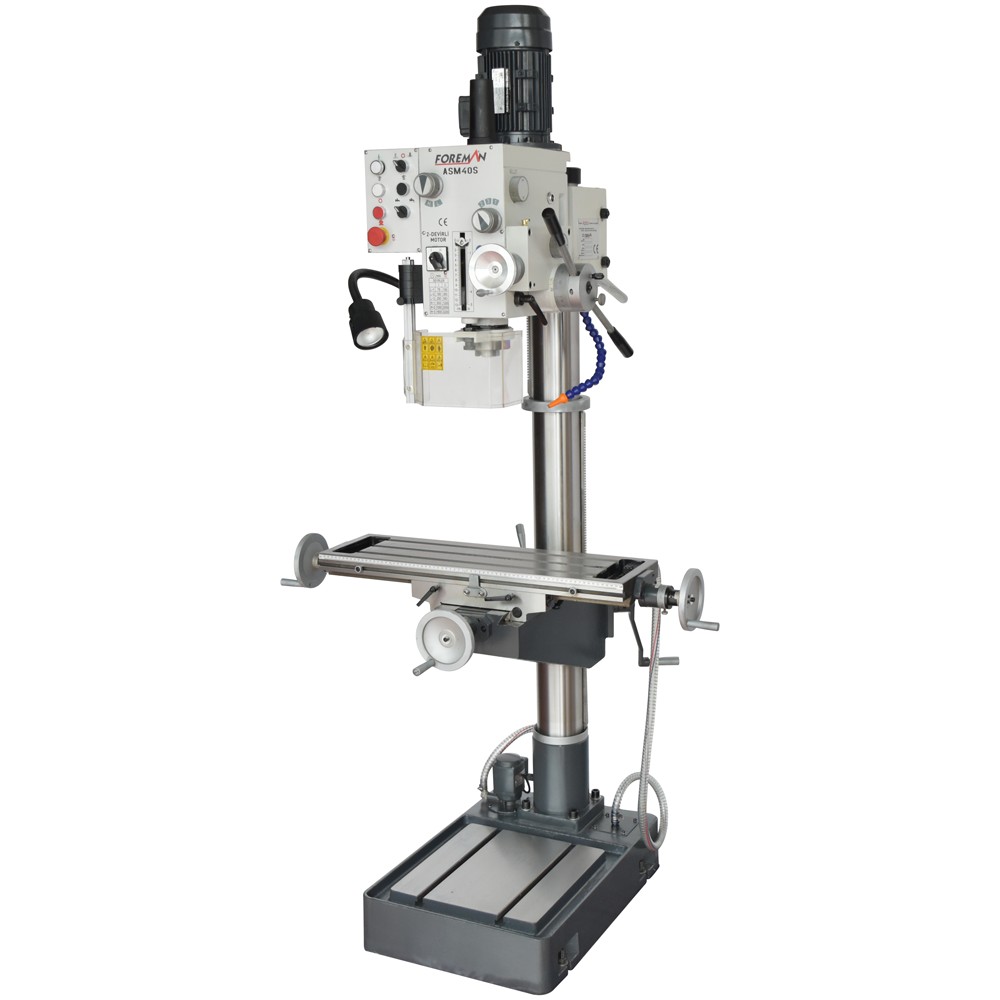
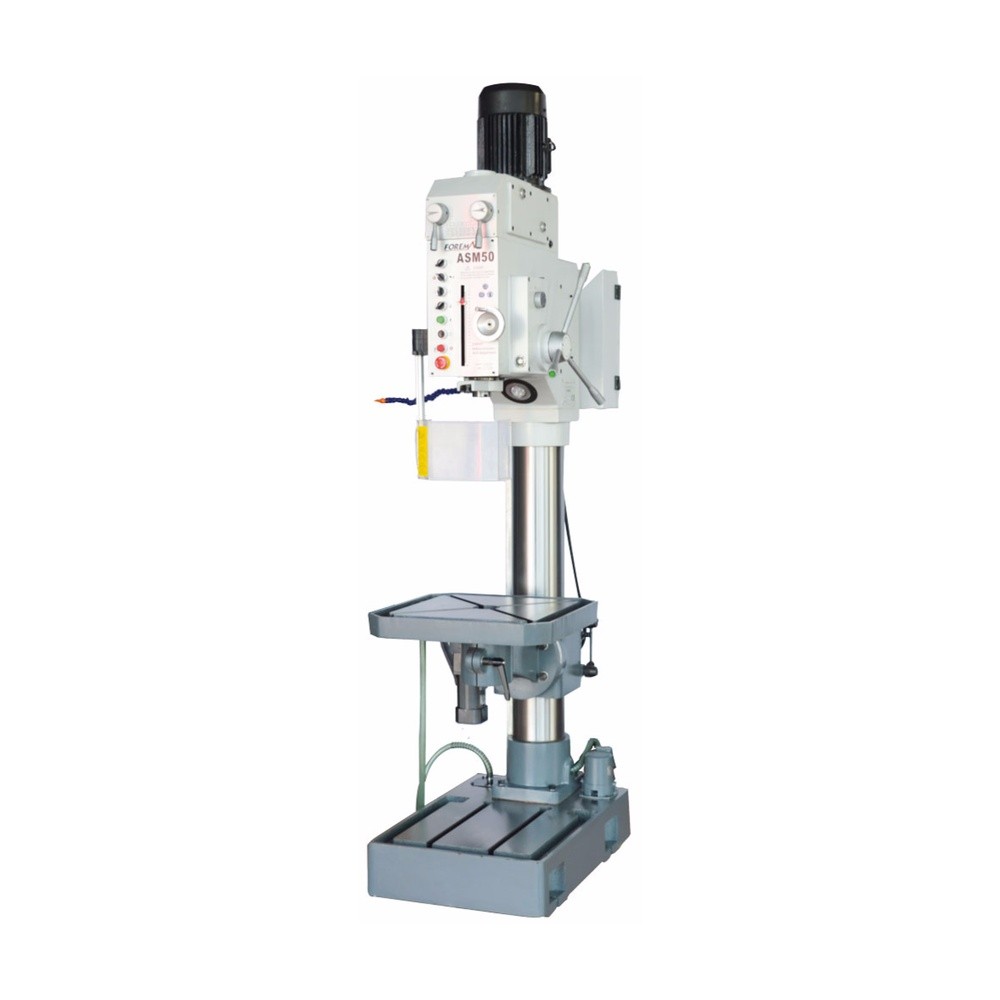
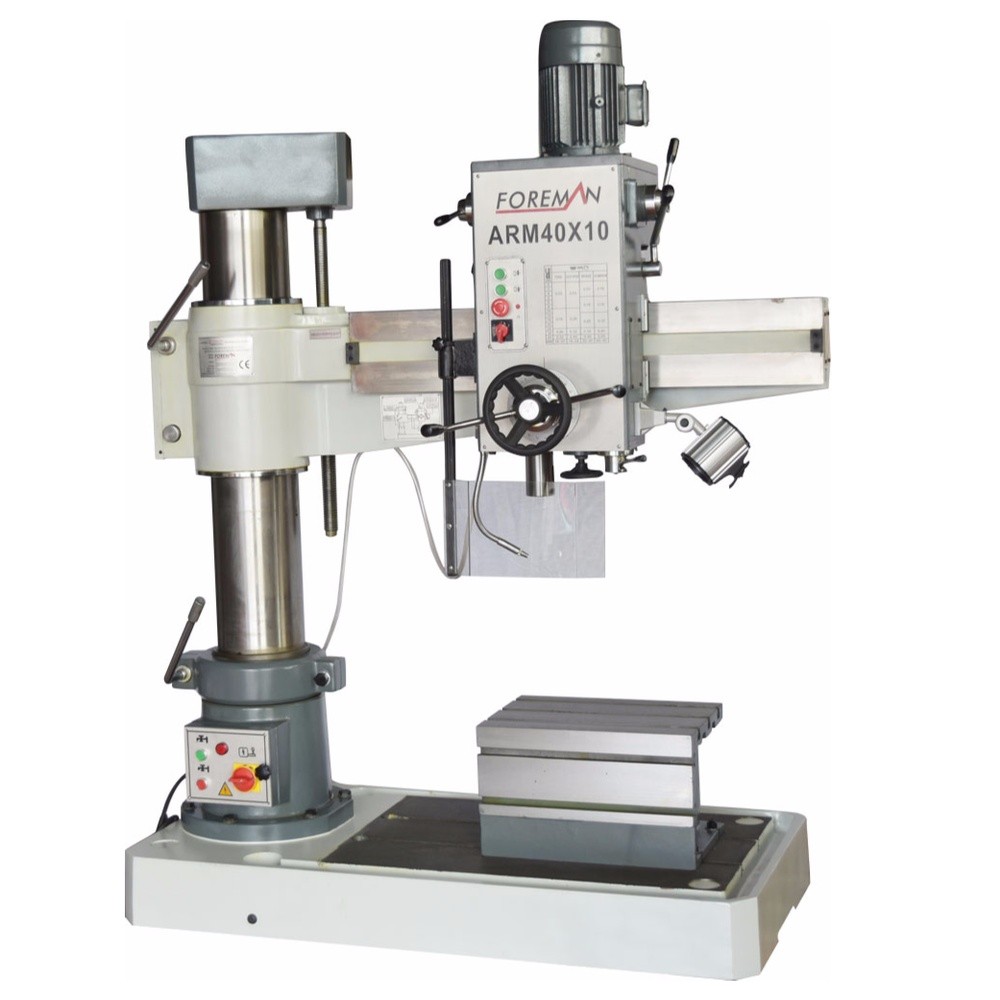
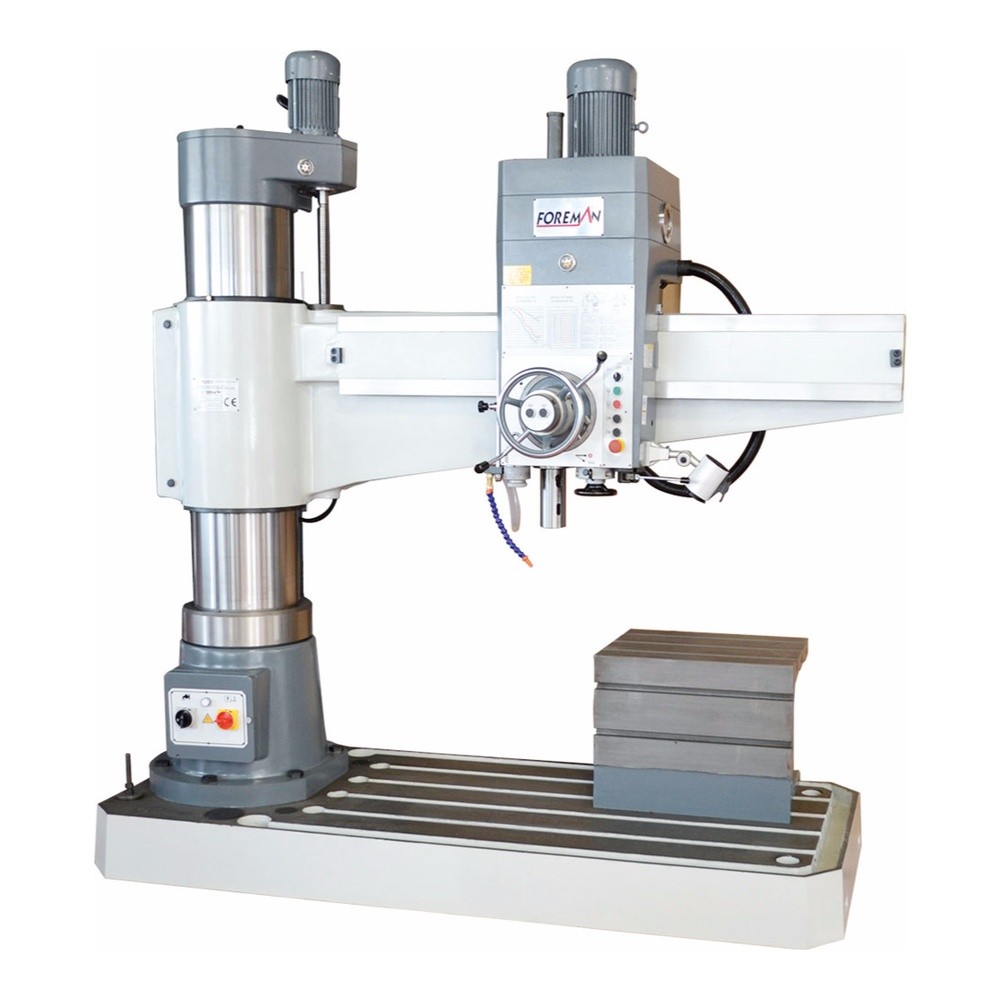
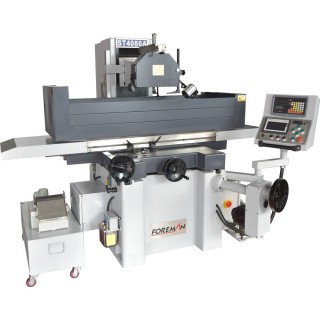
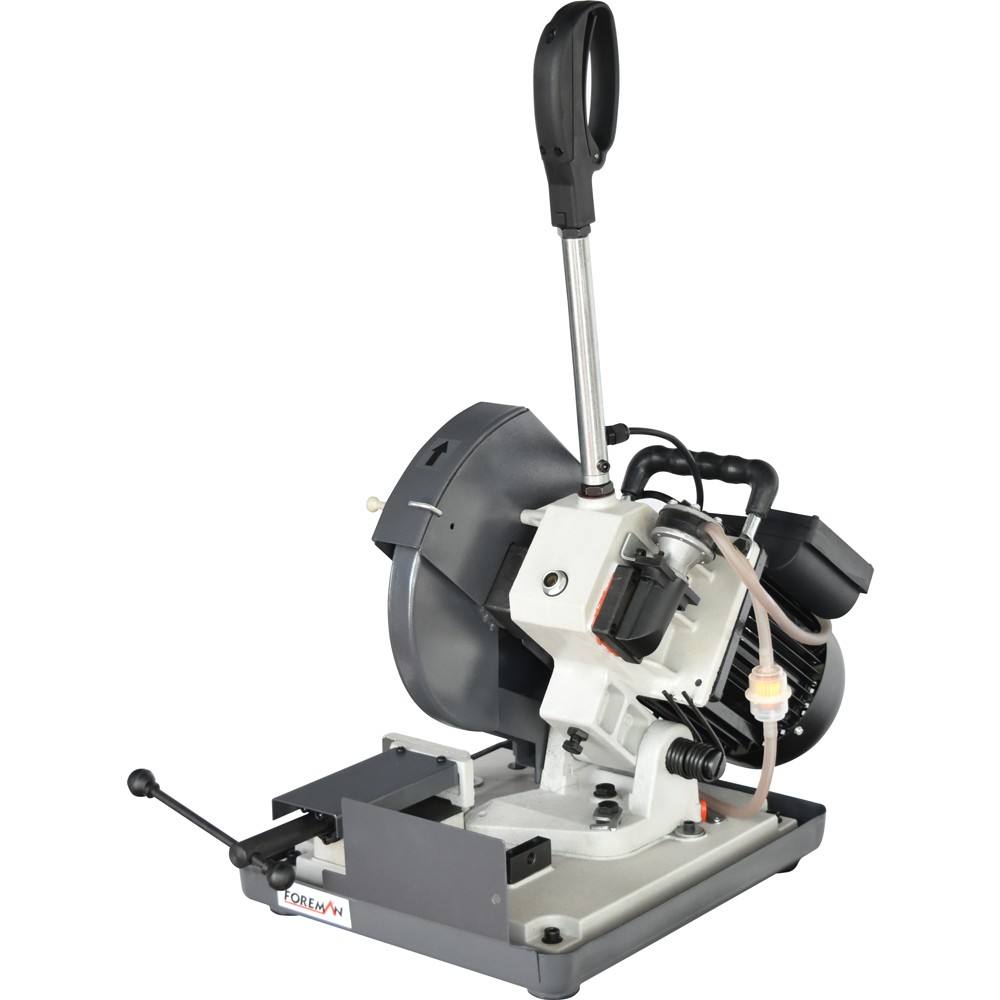
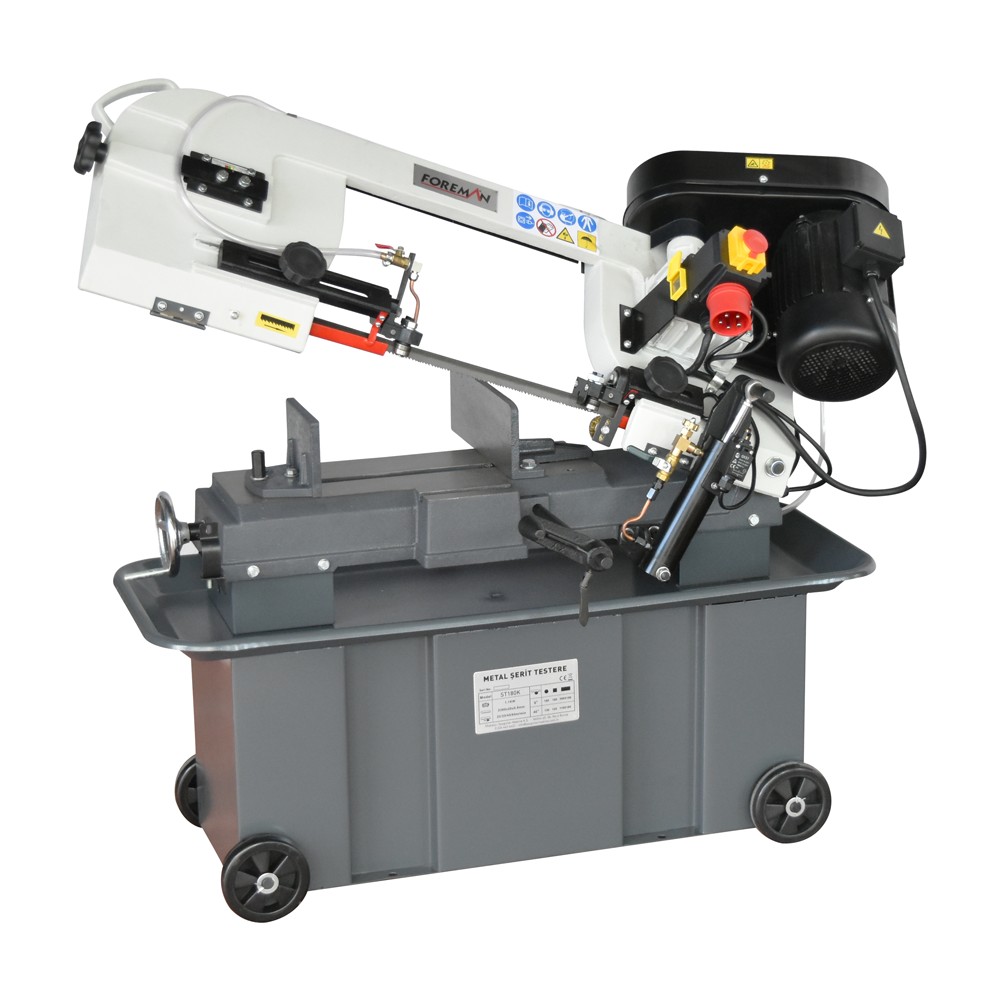
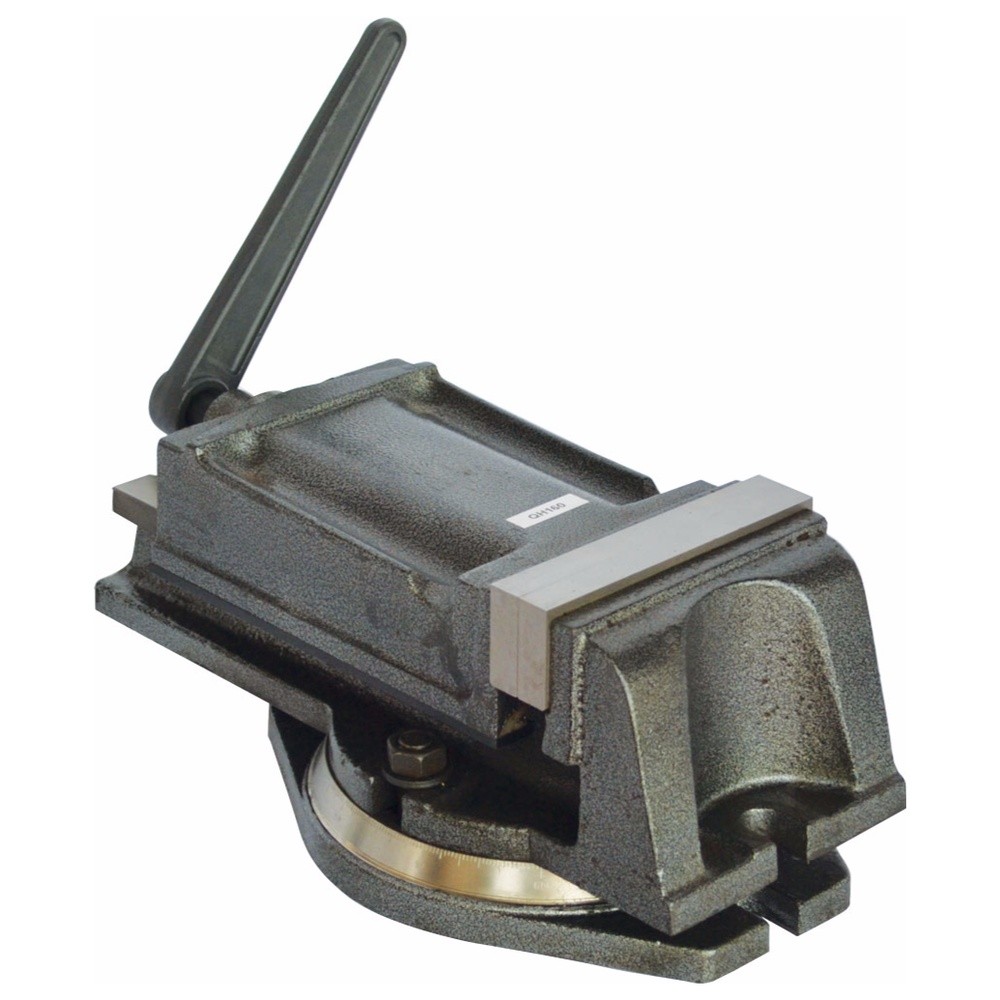
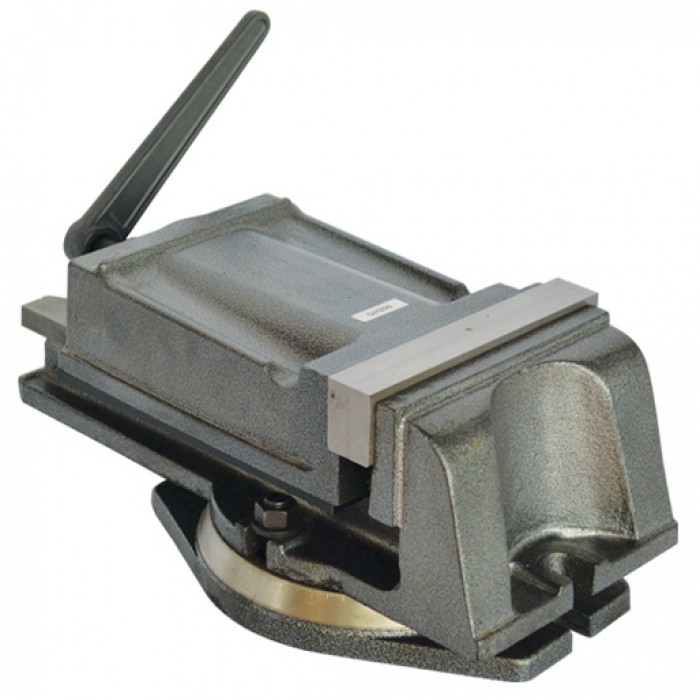
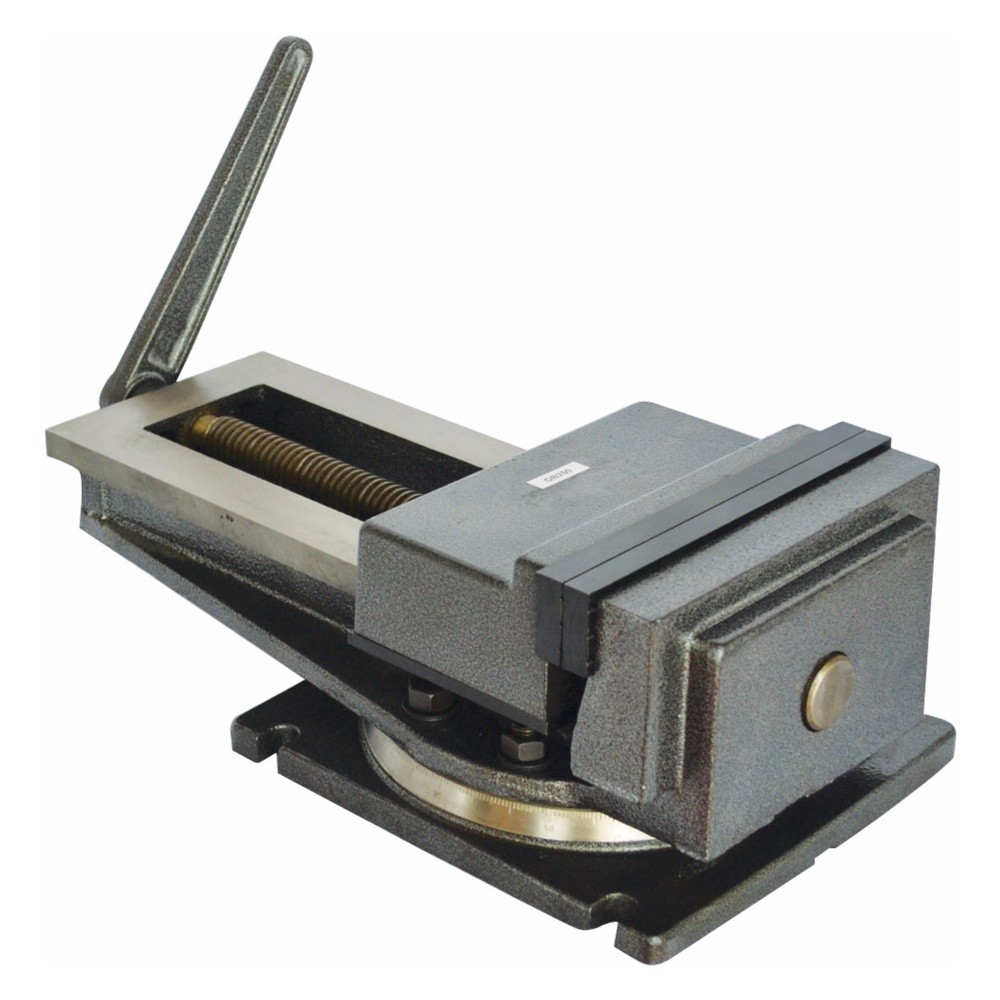
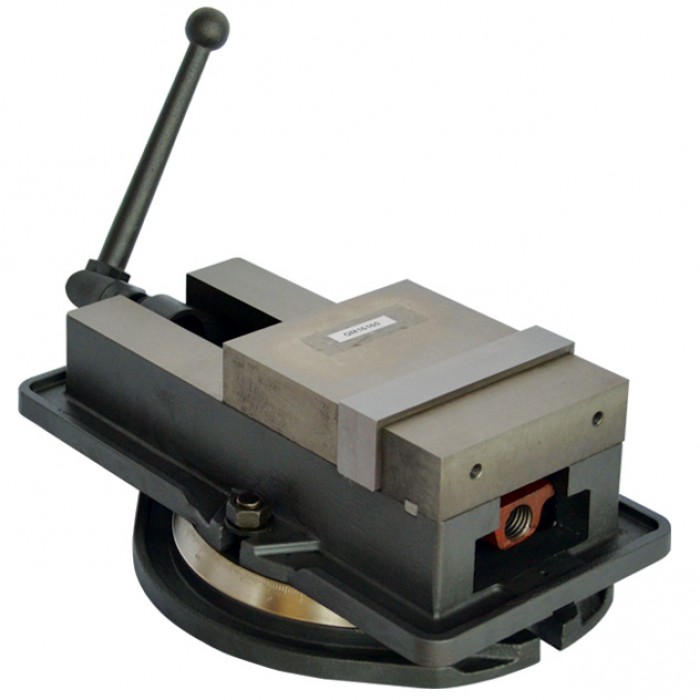
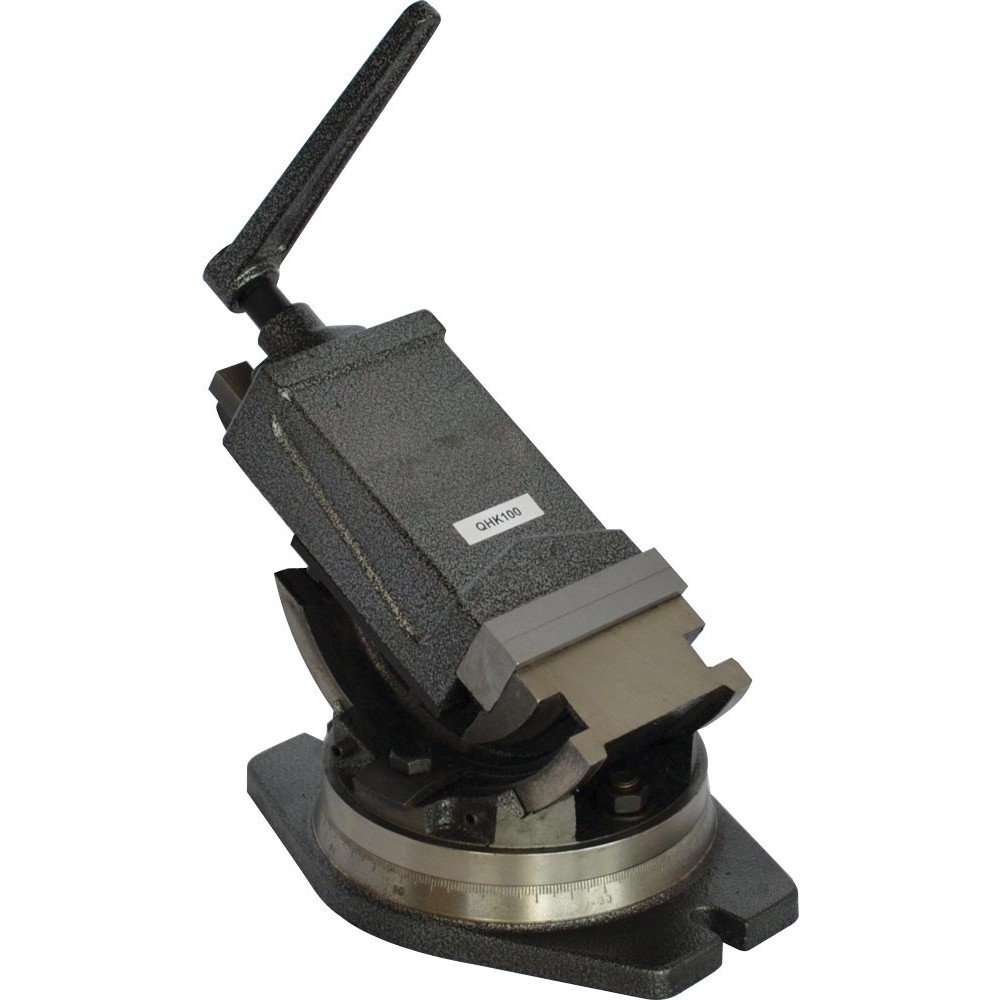
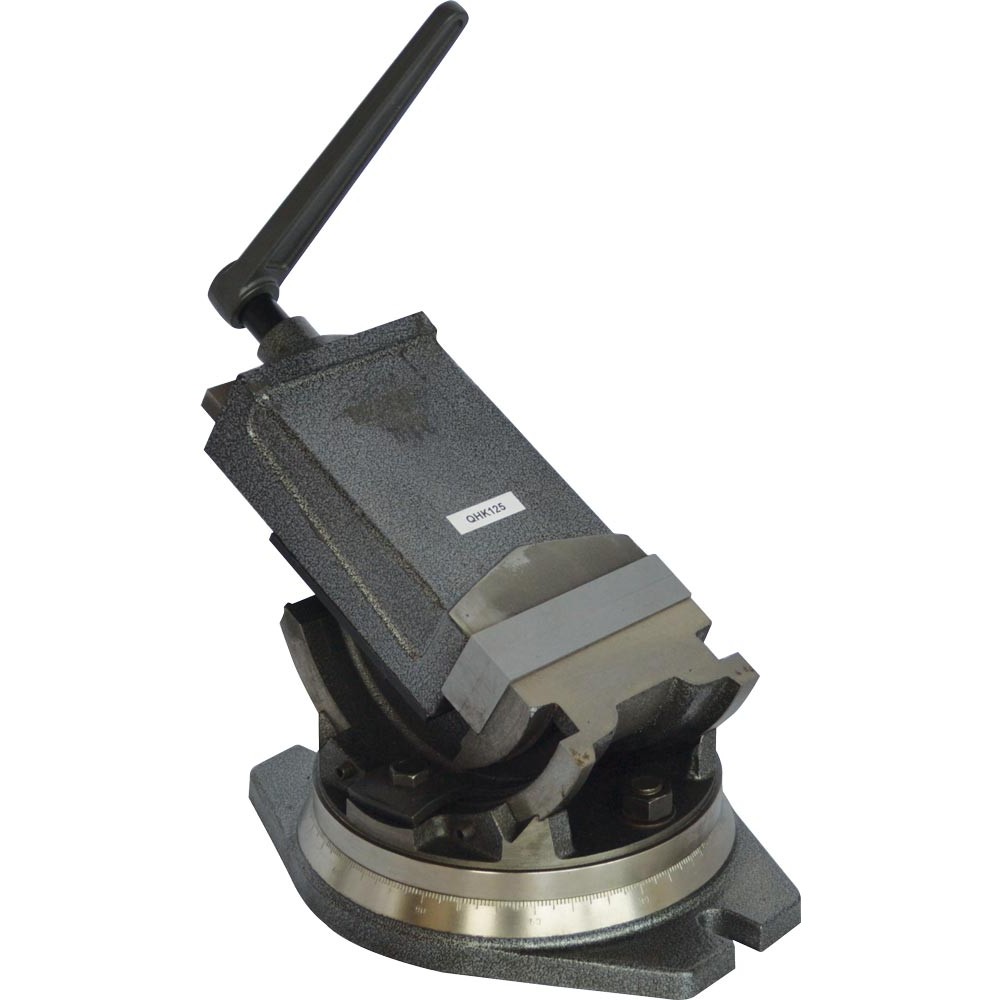
_zkmmzopp1k.jpg)
